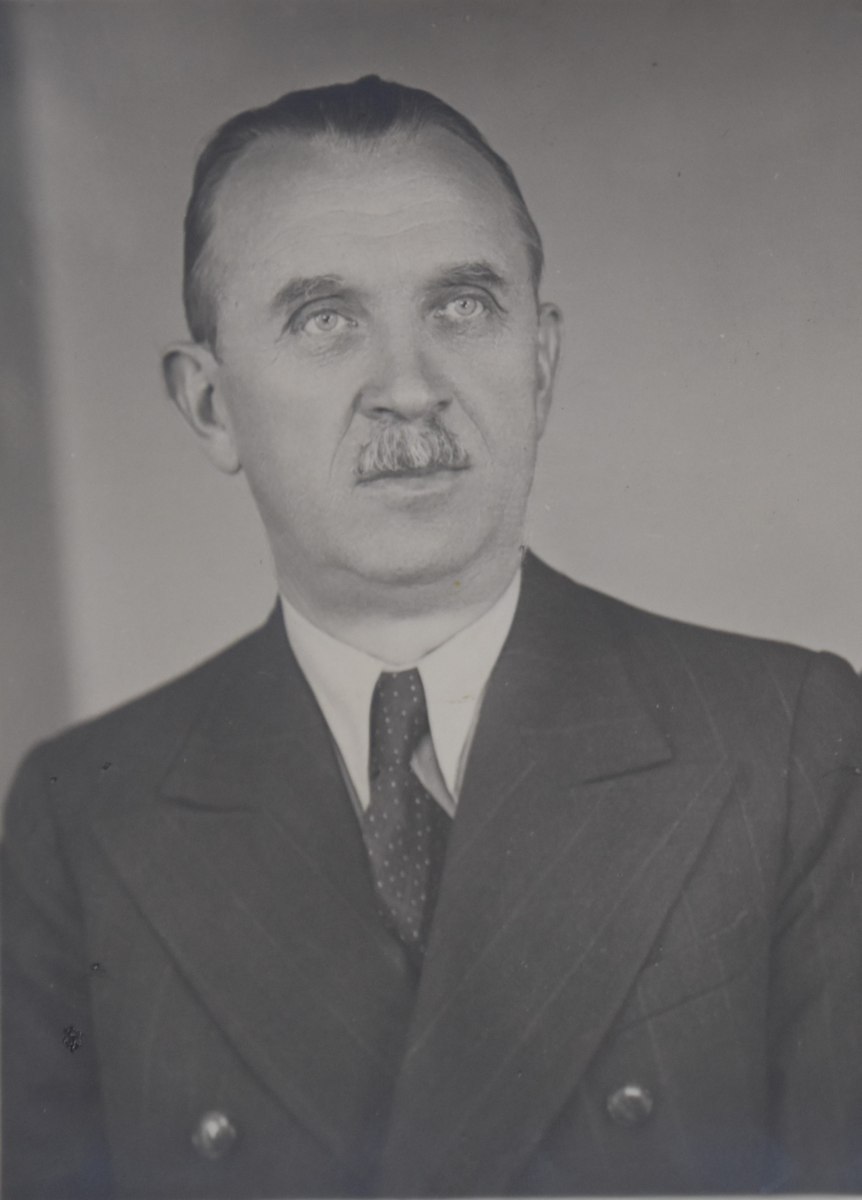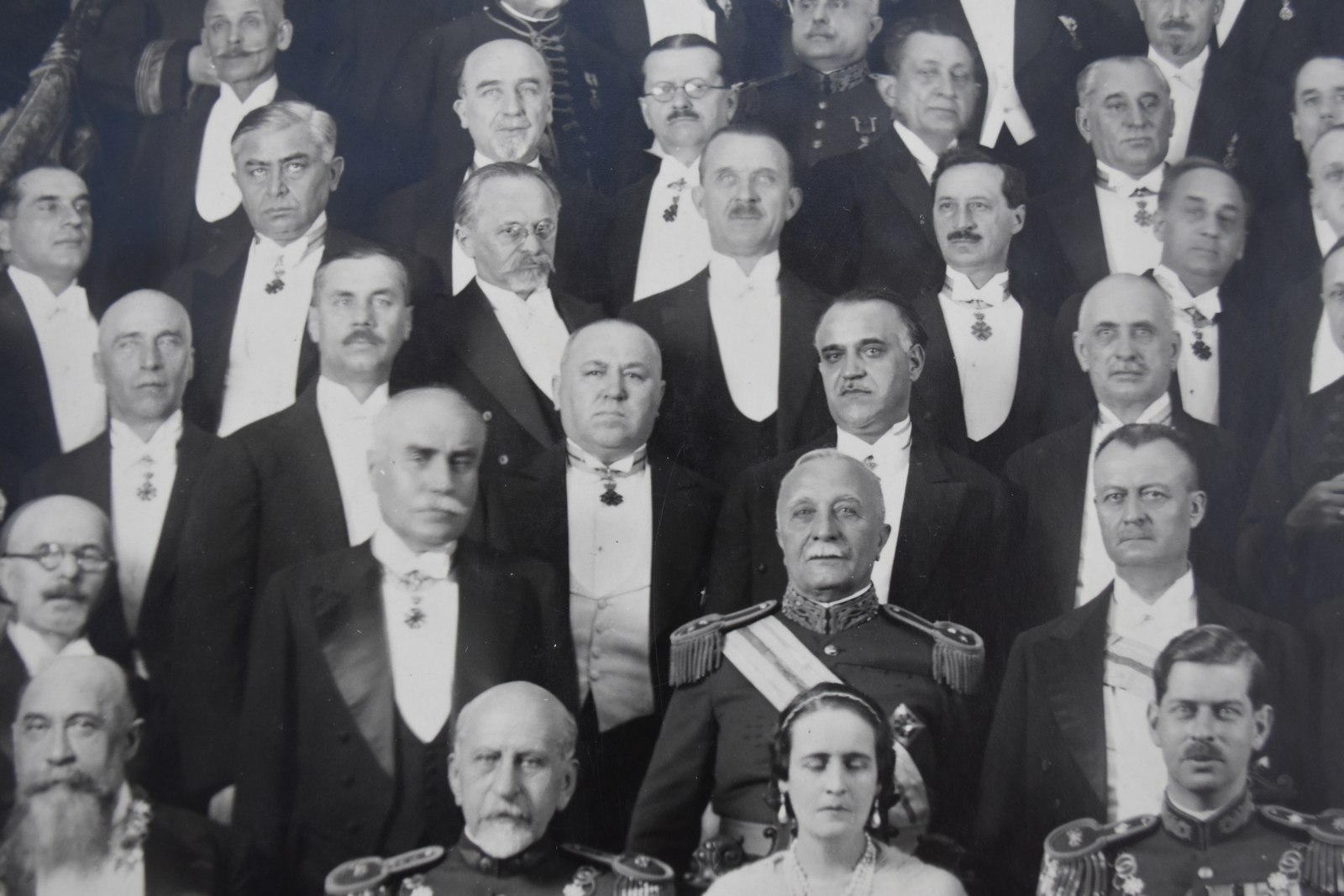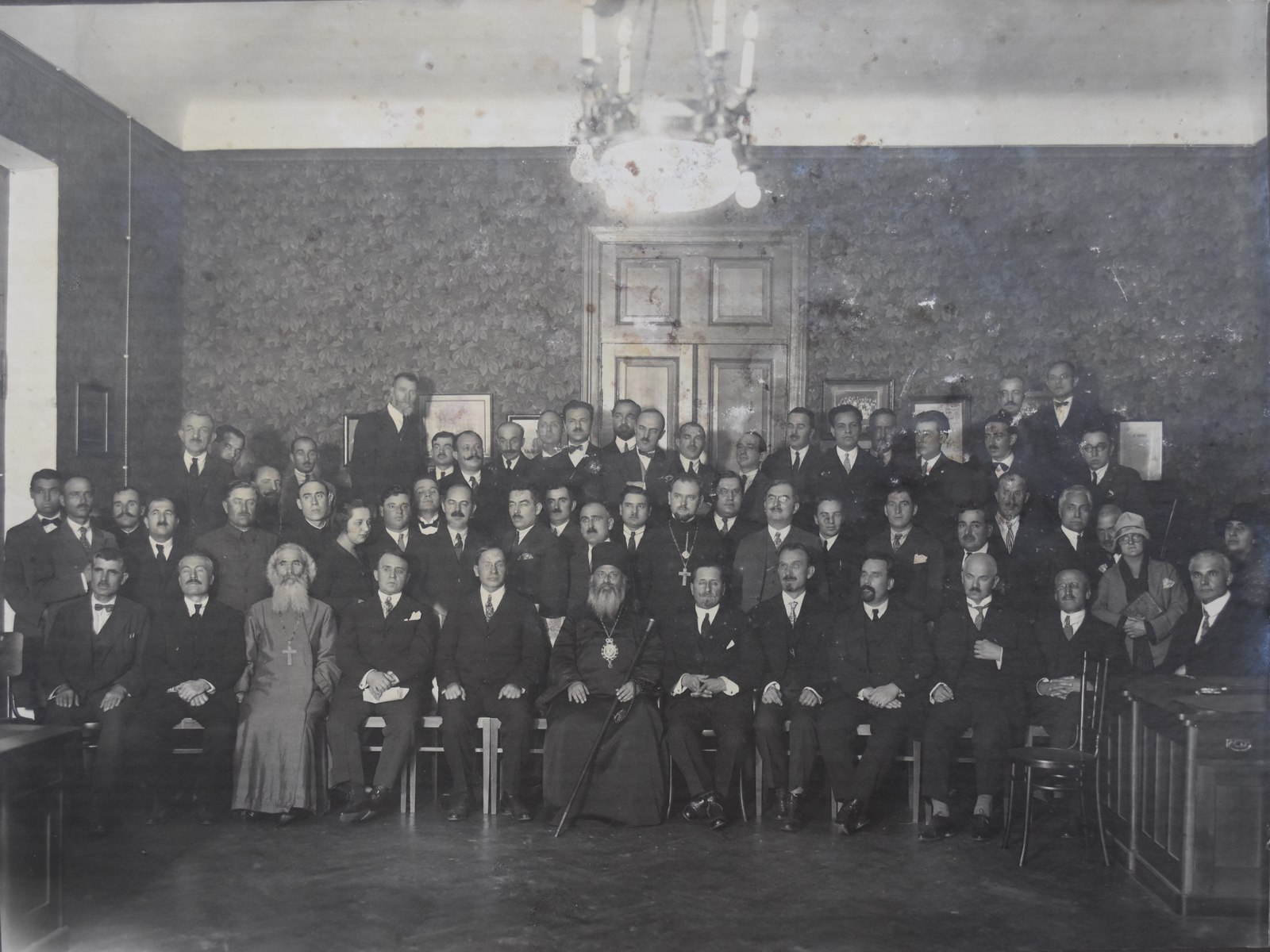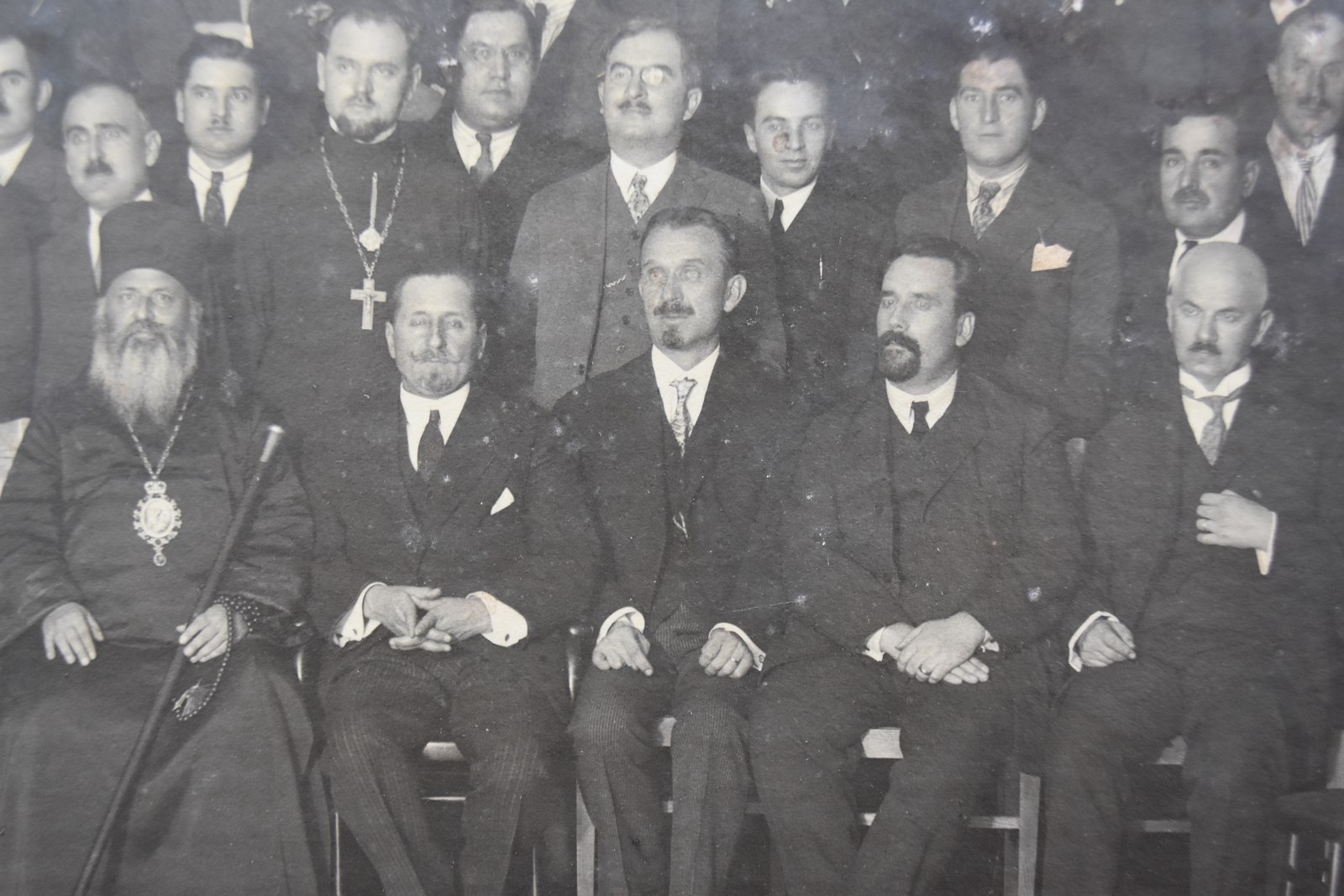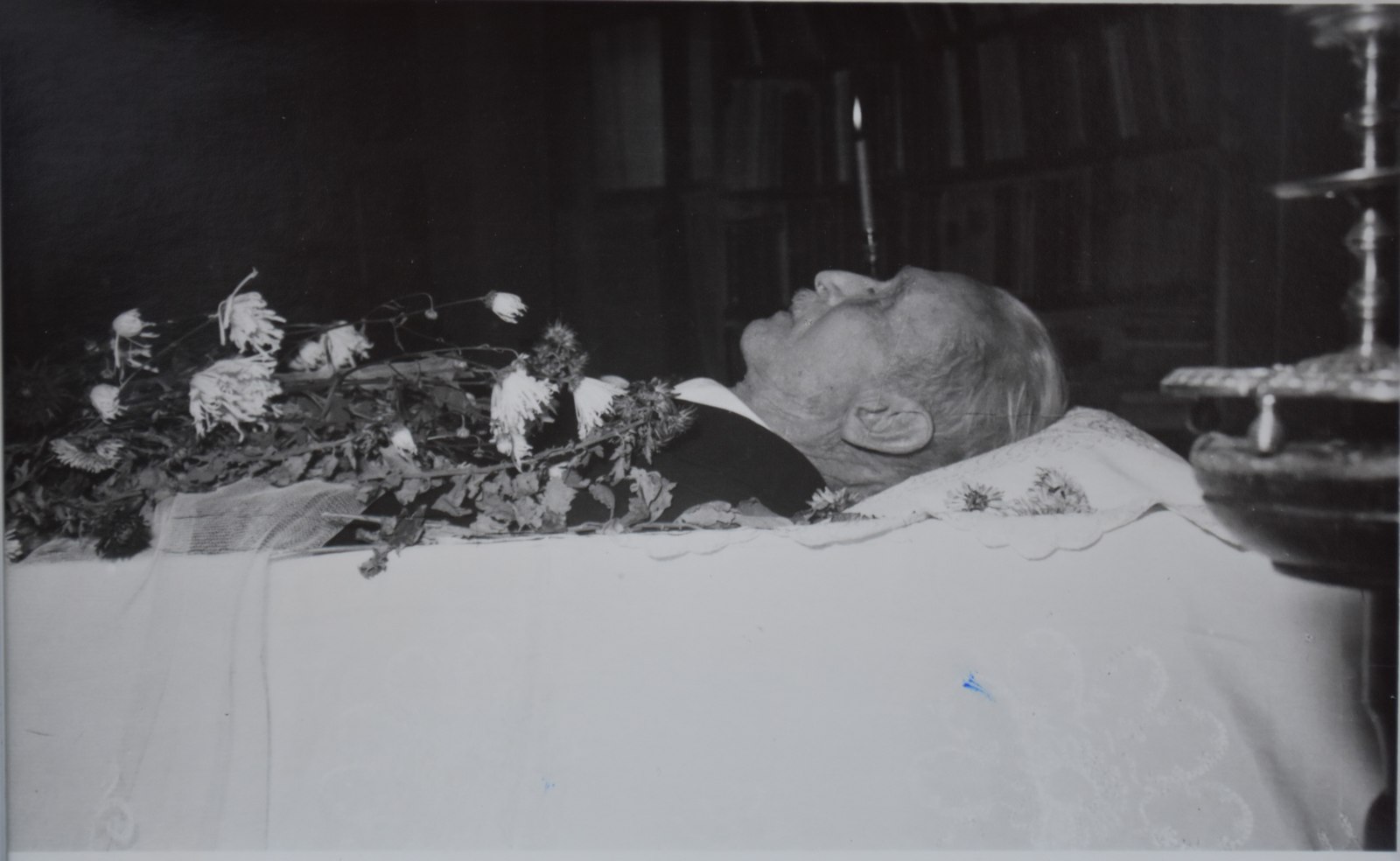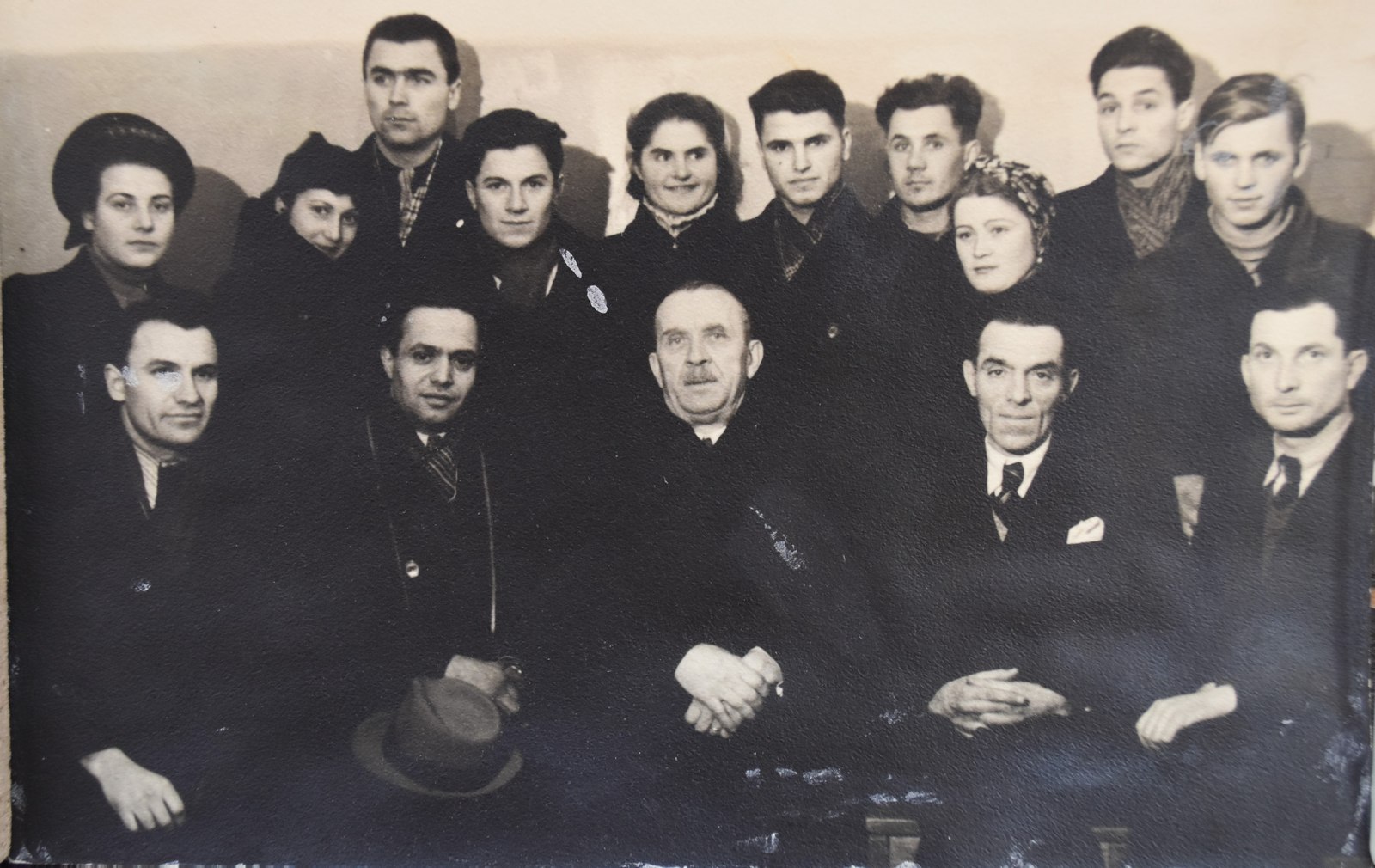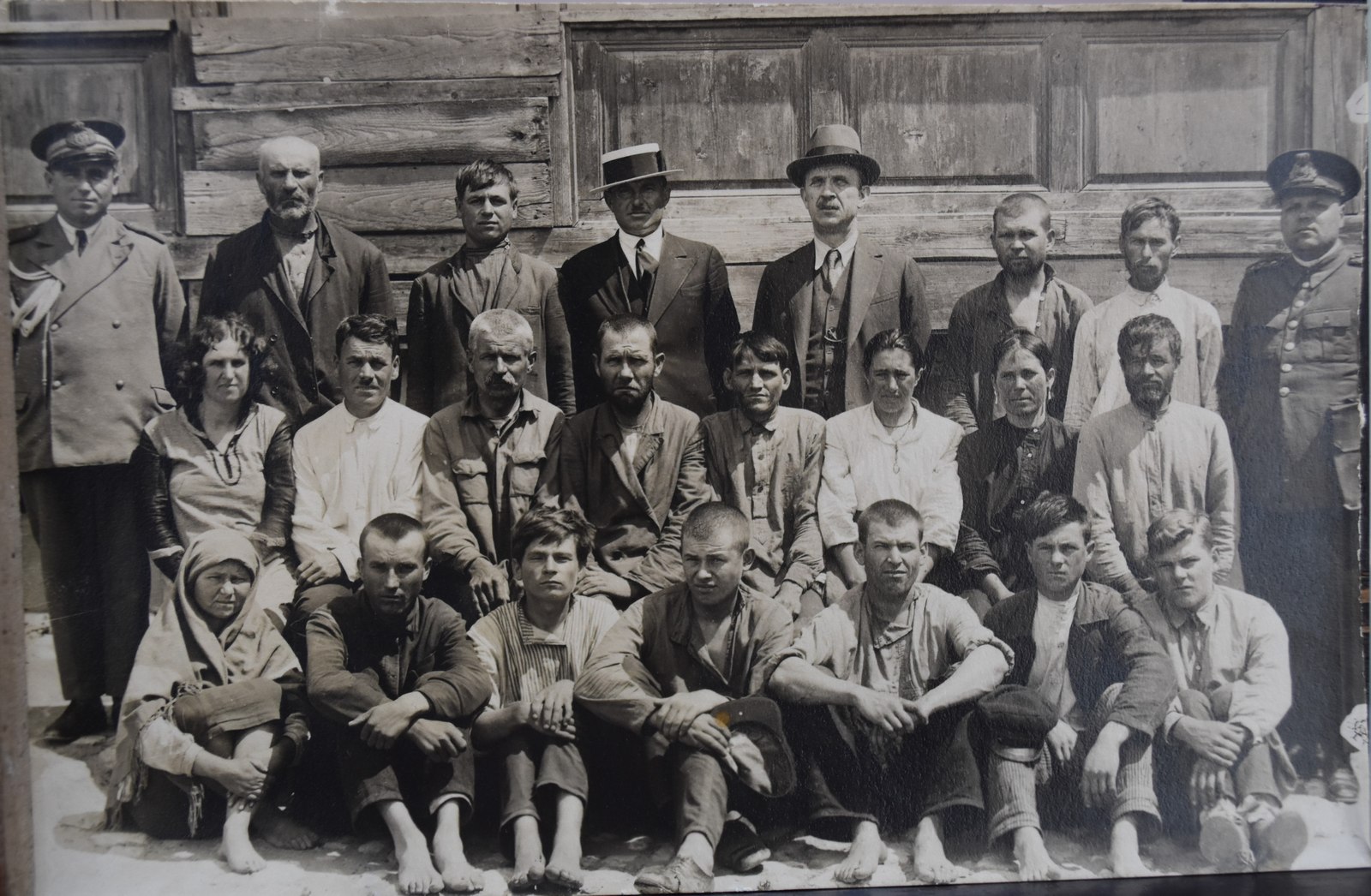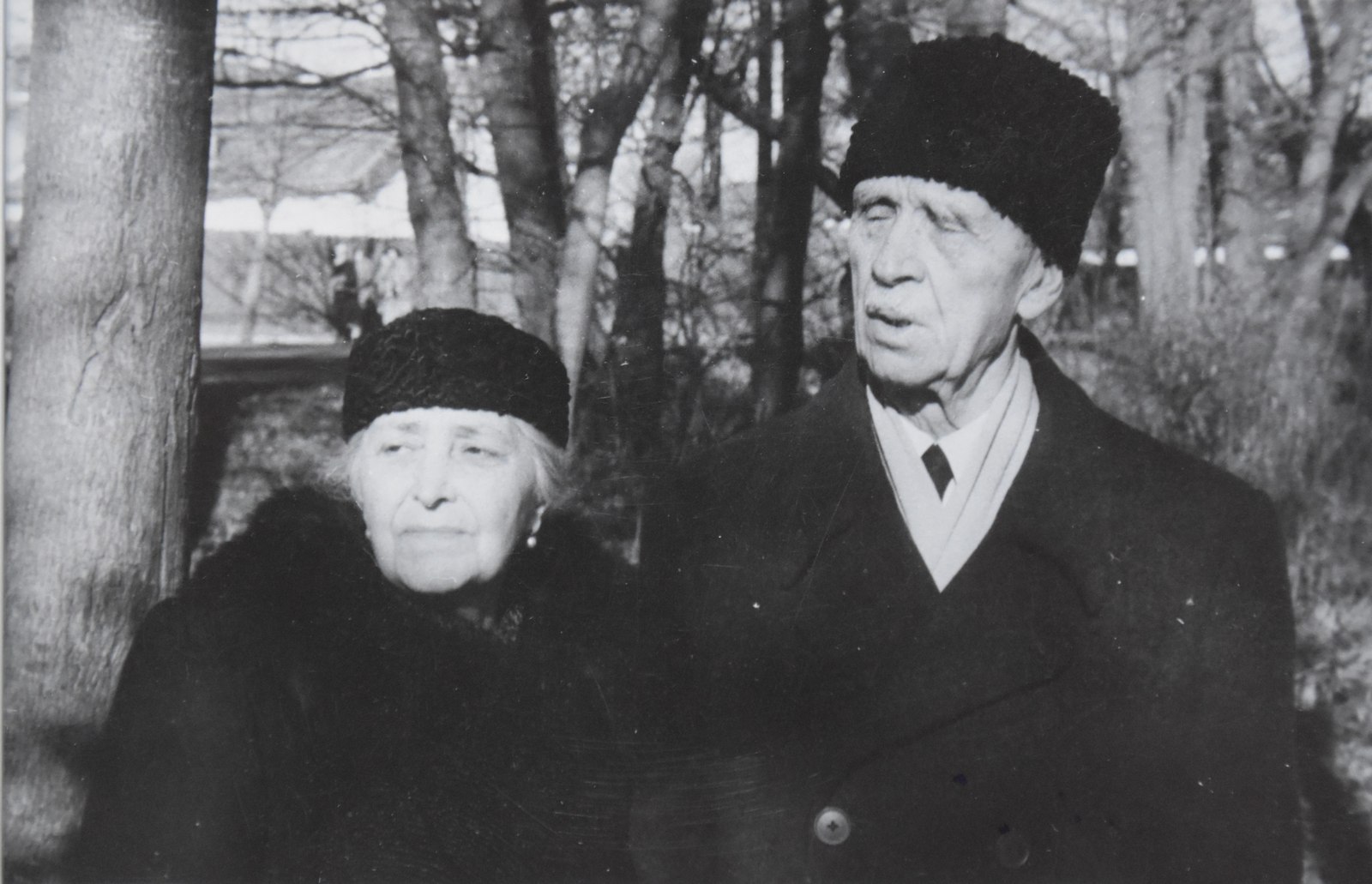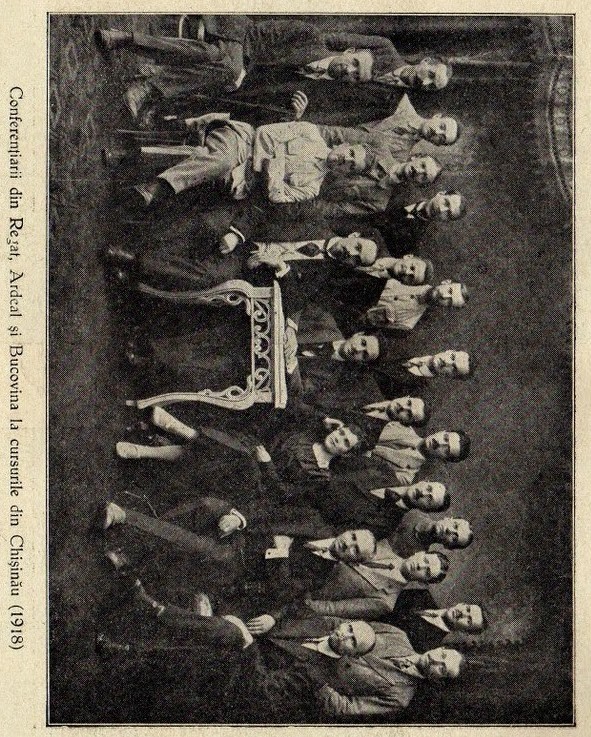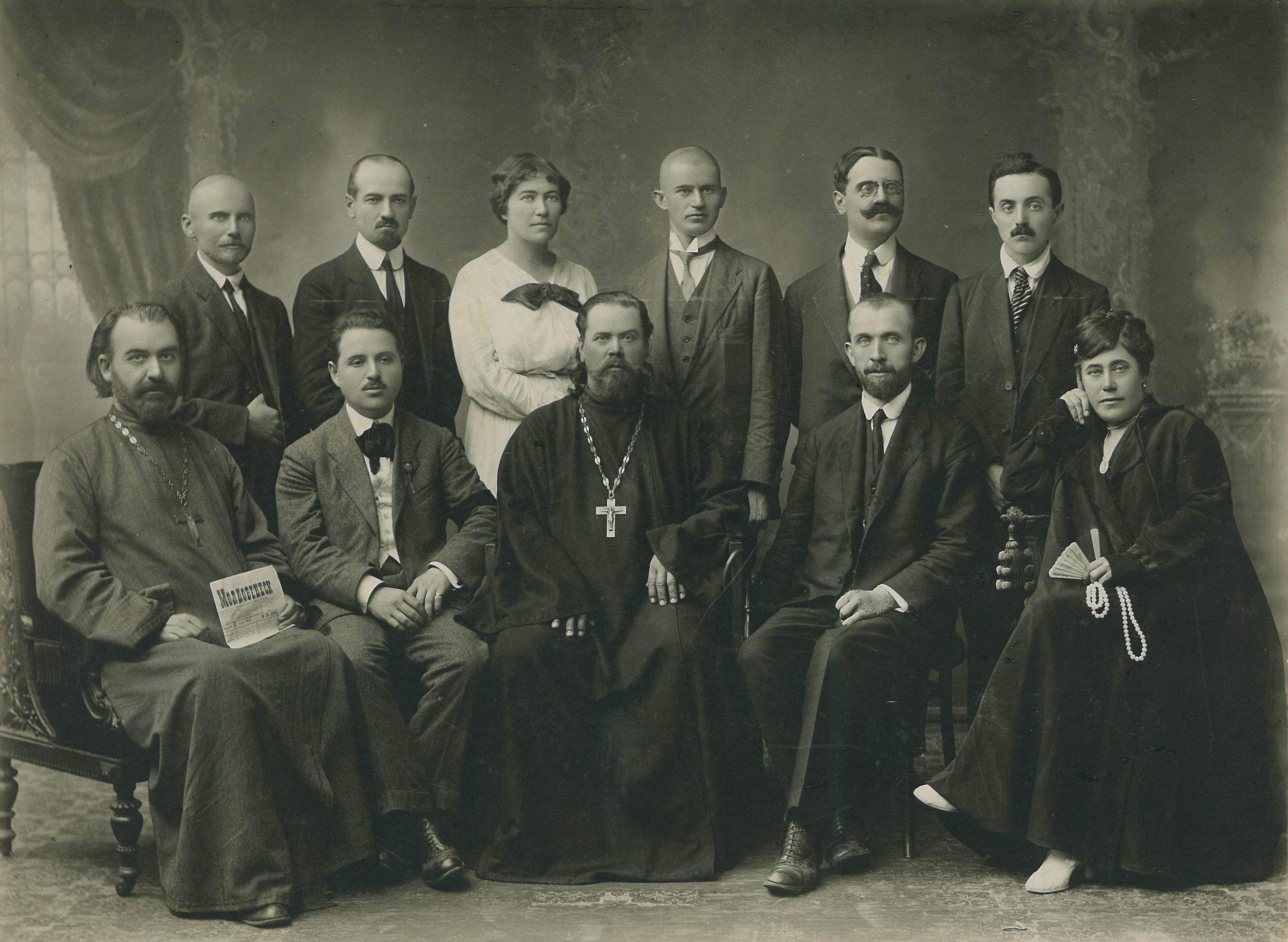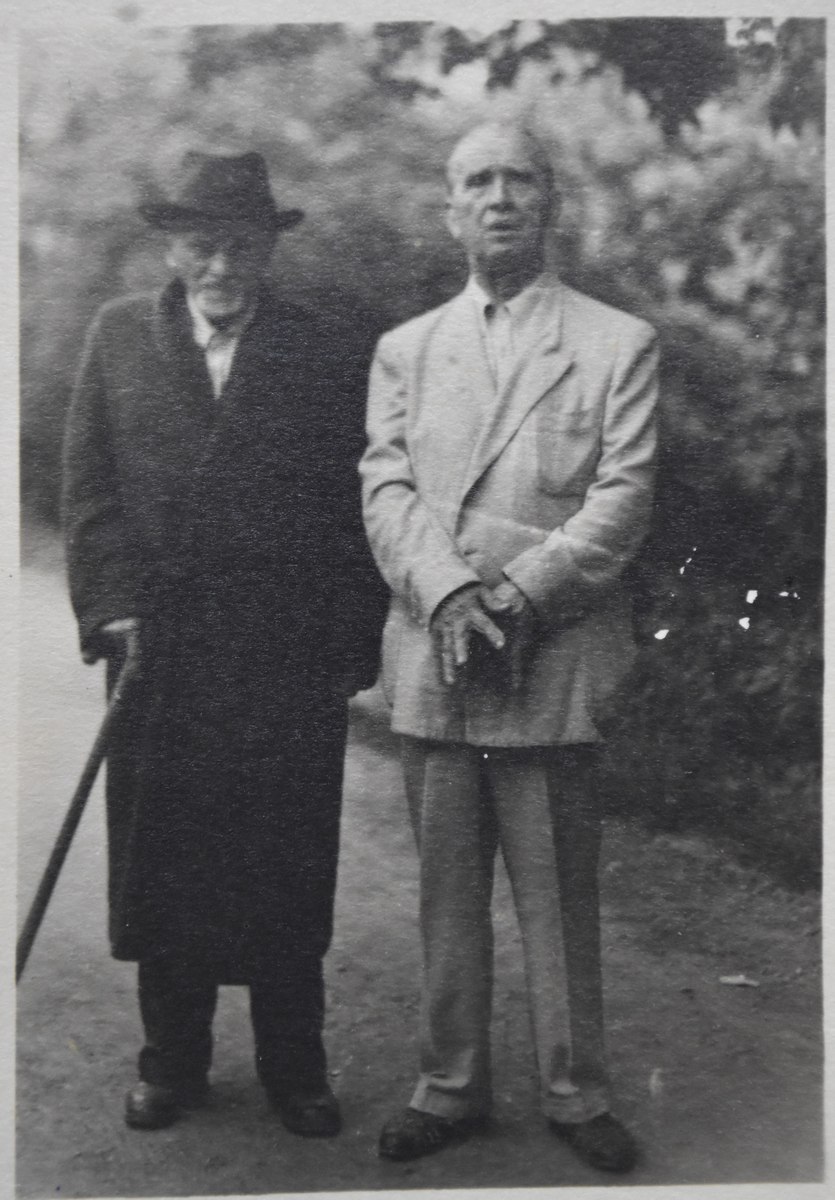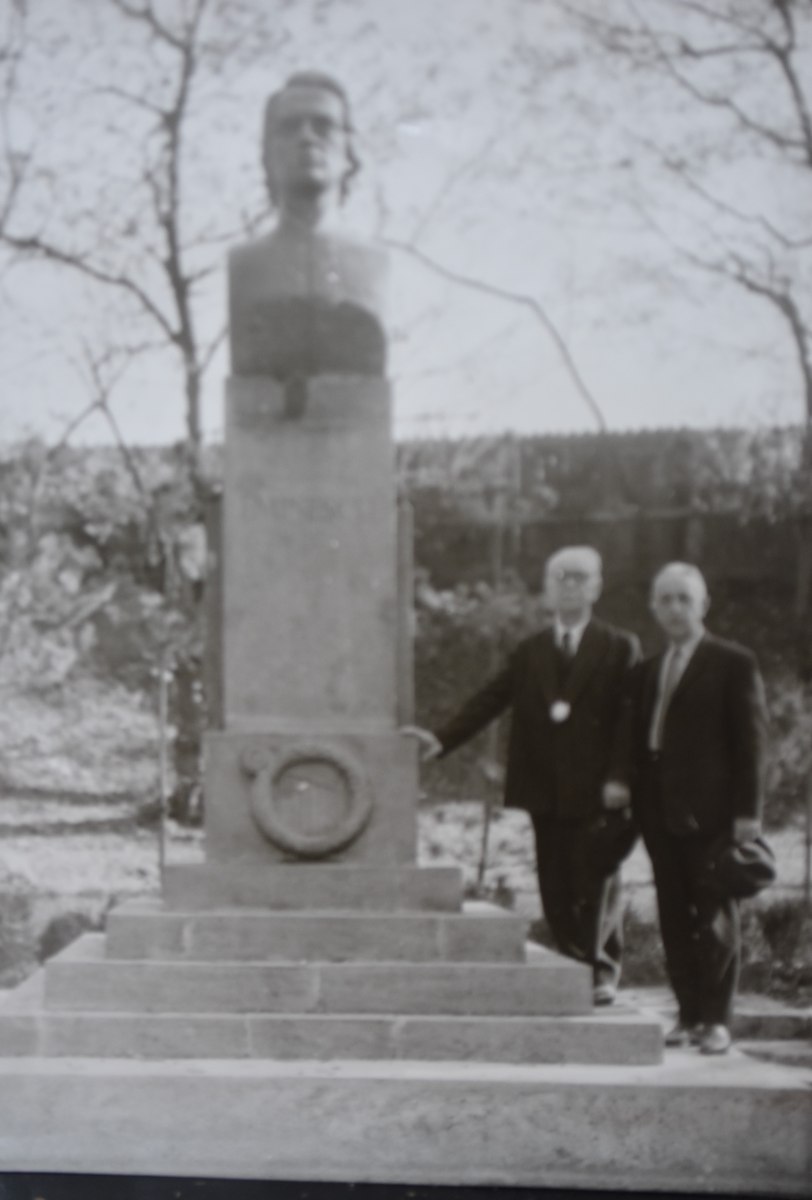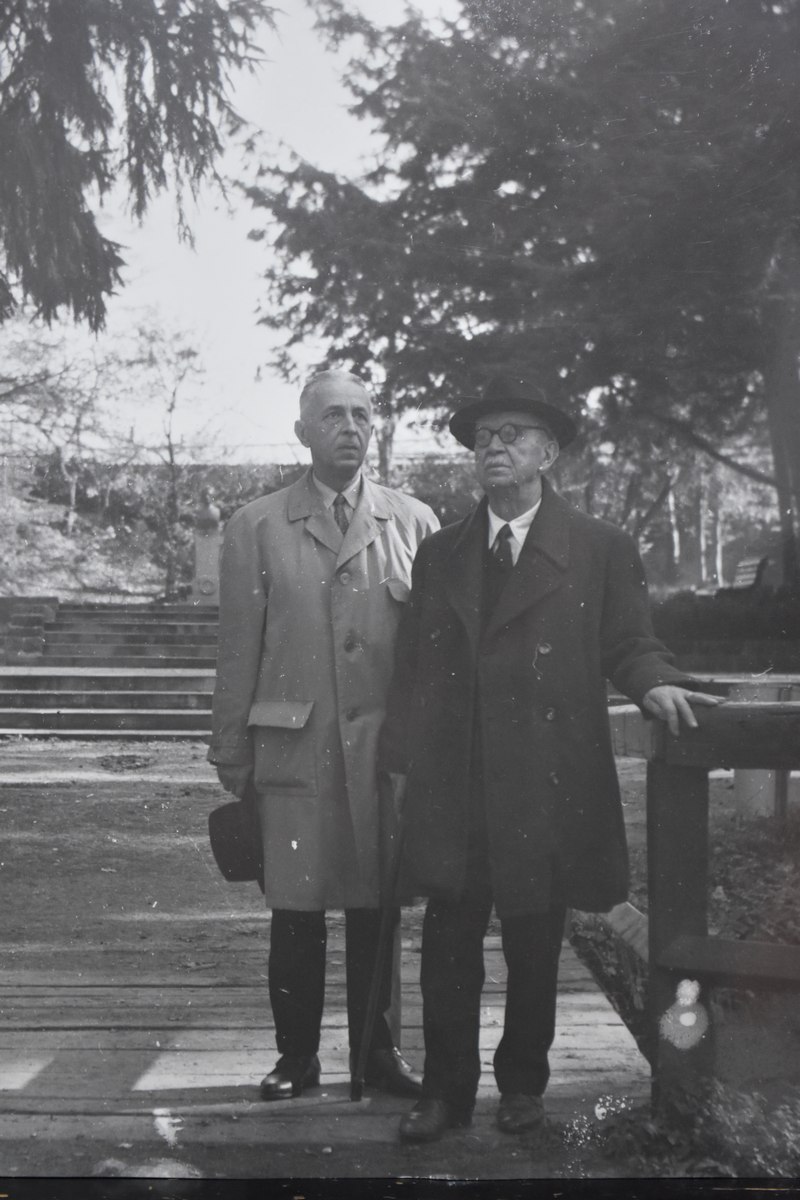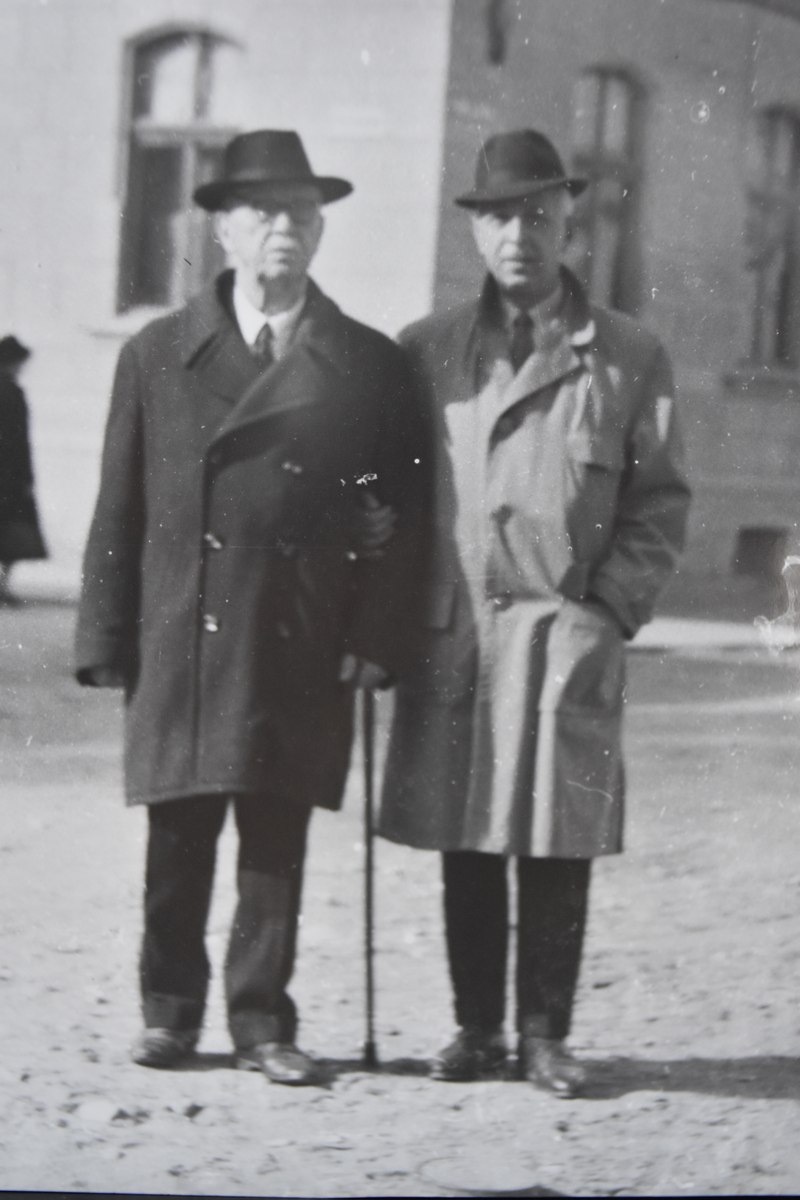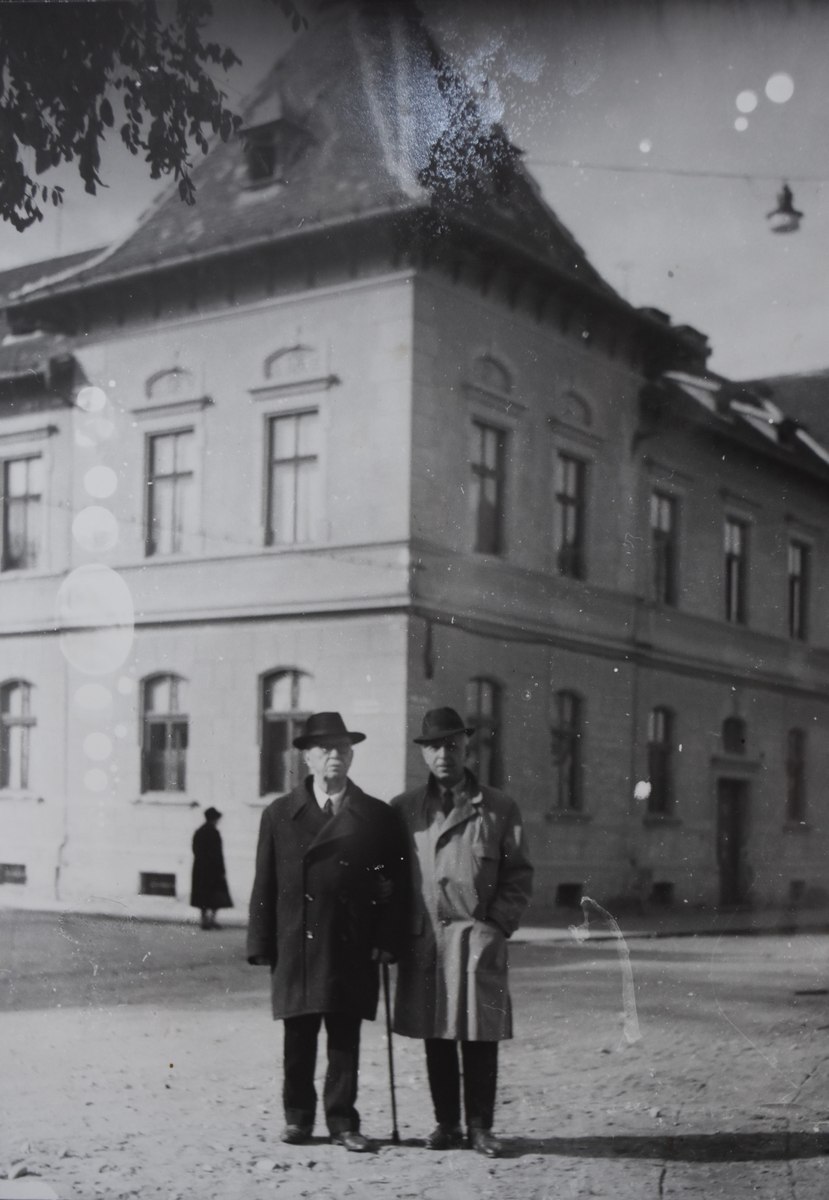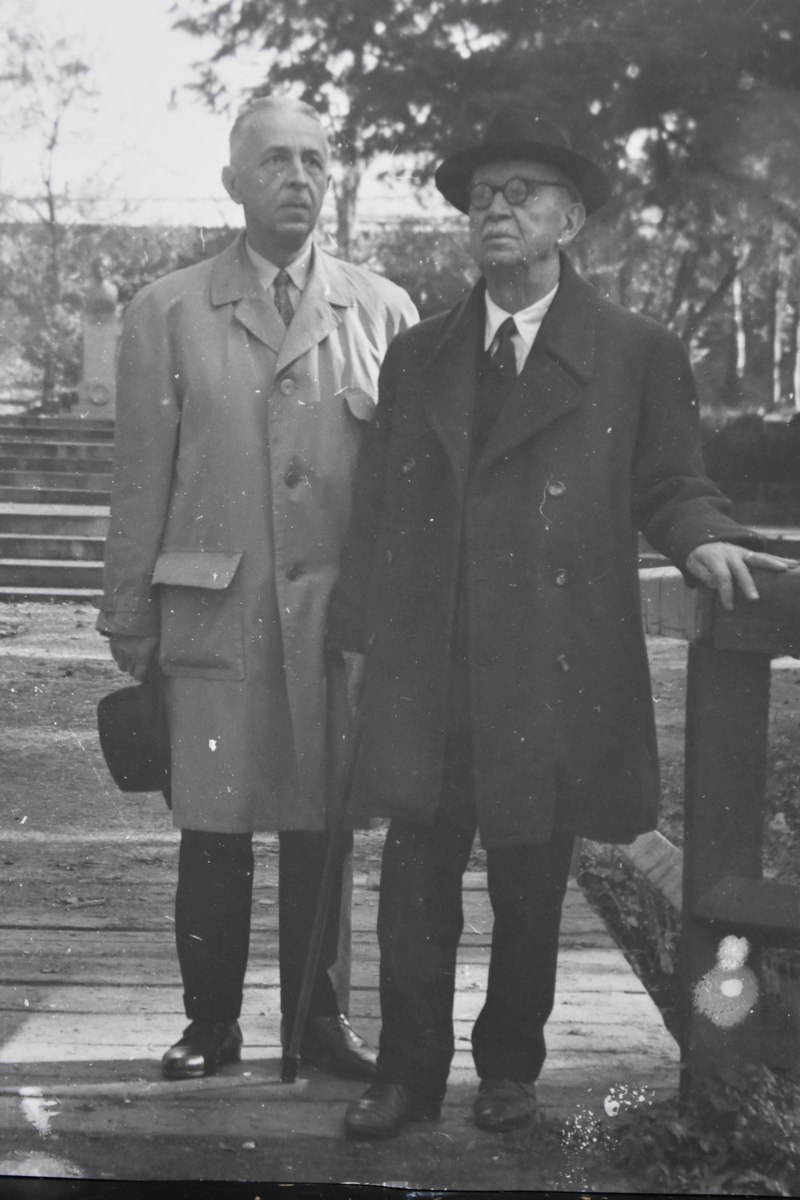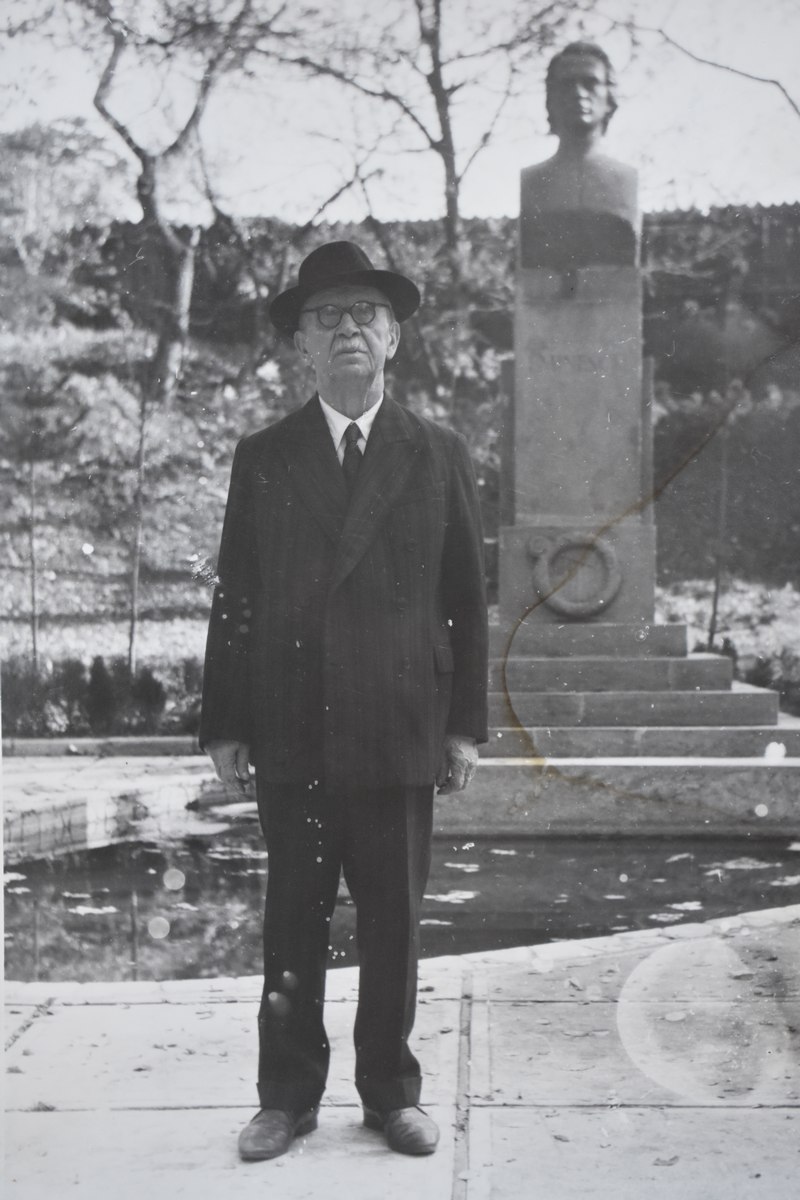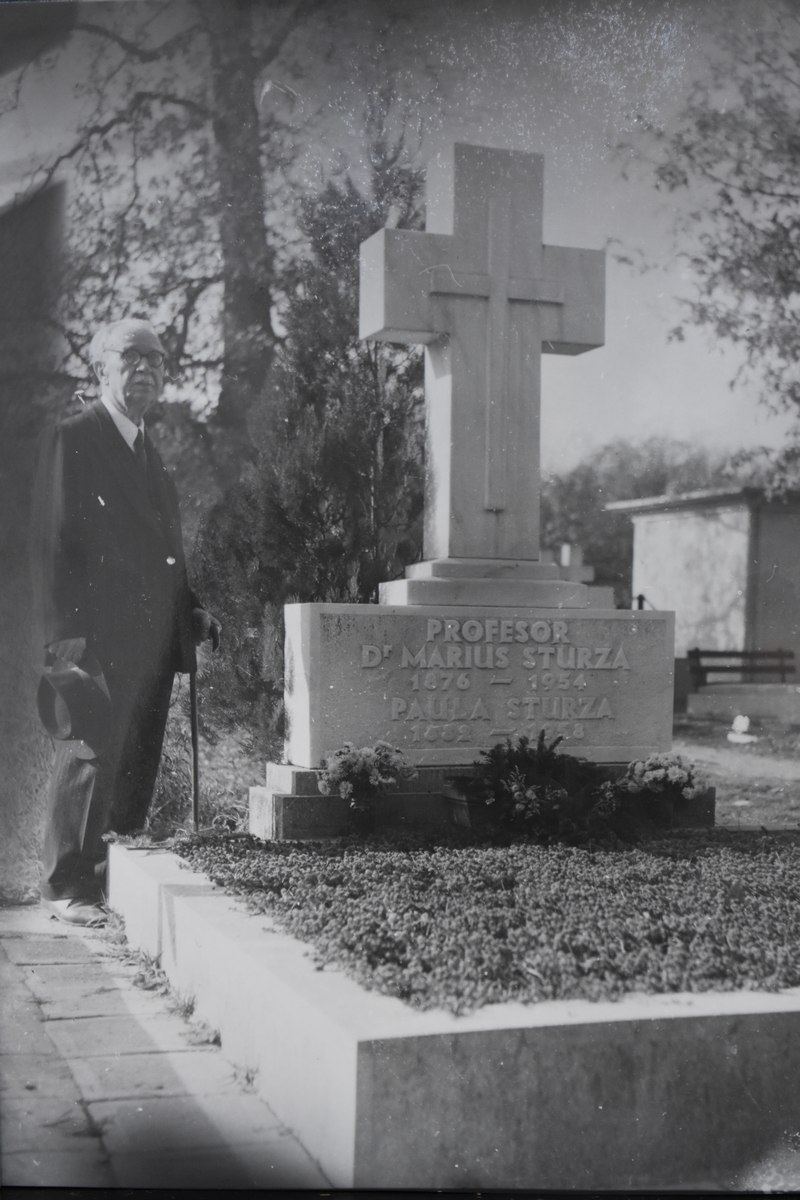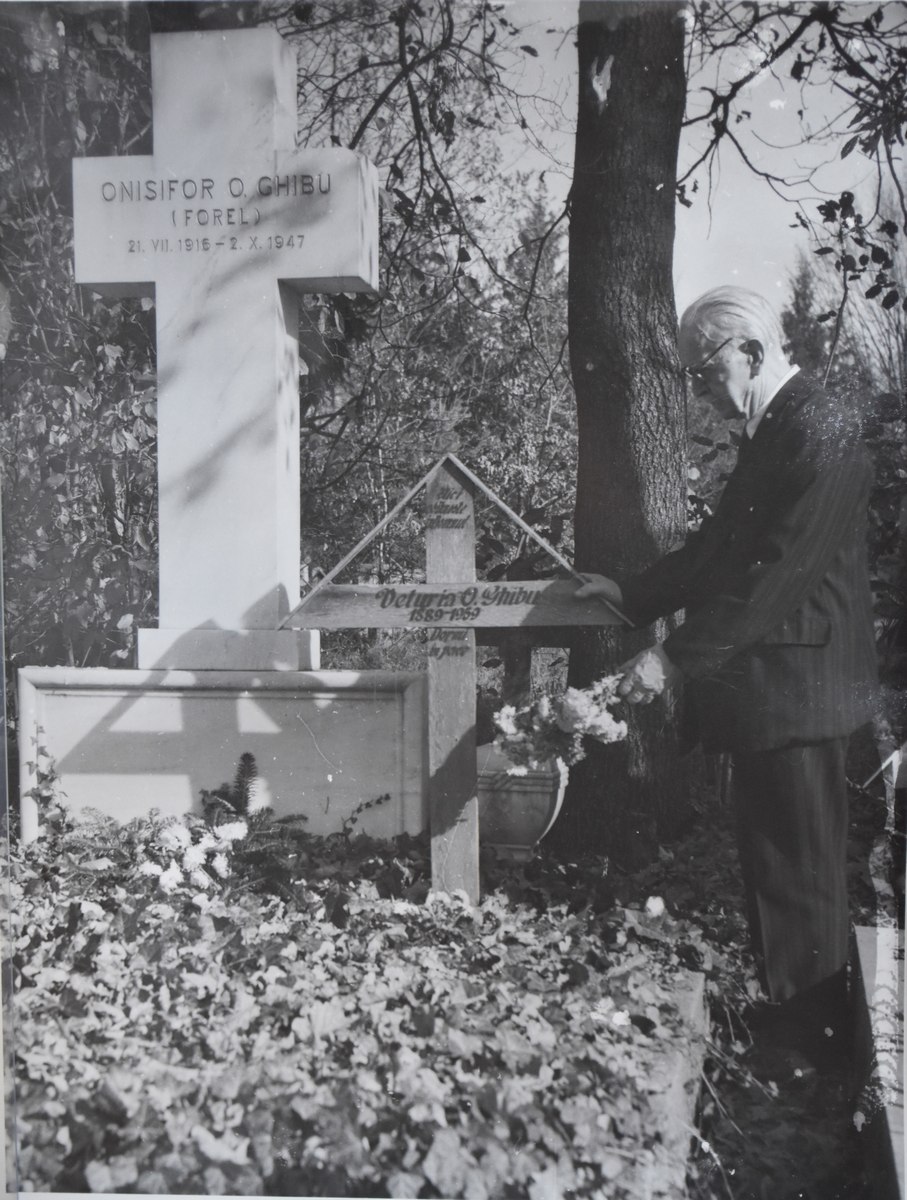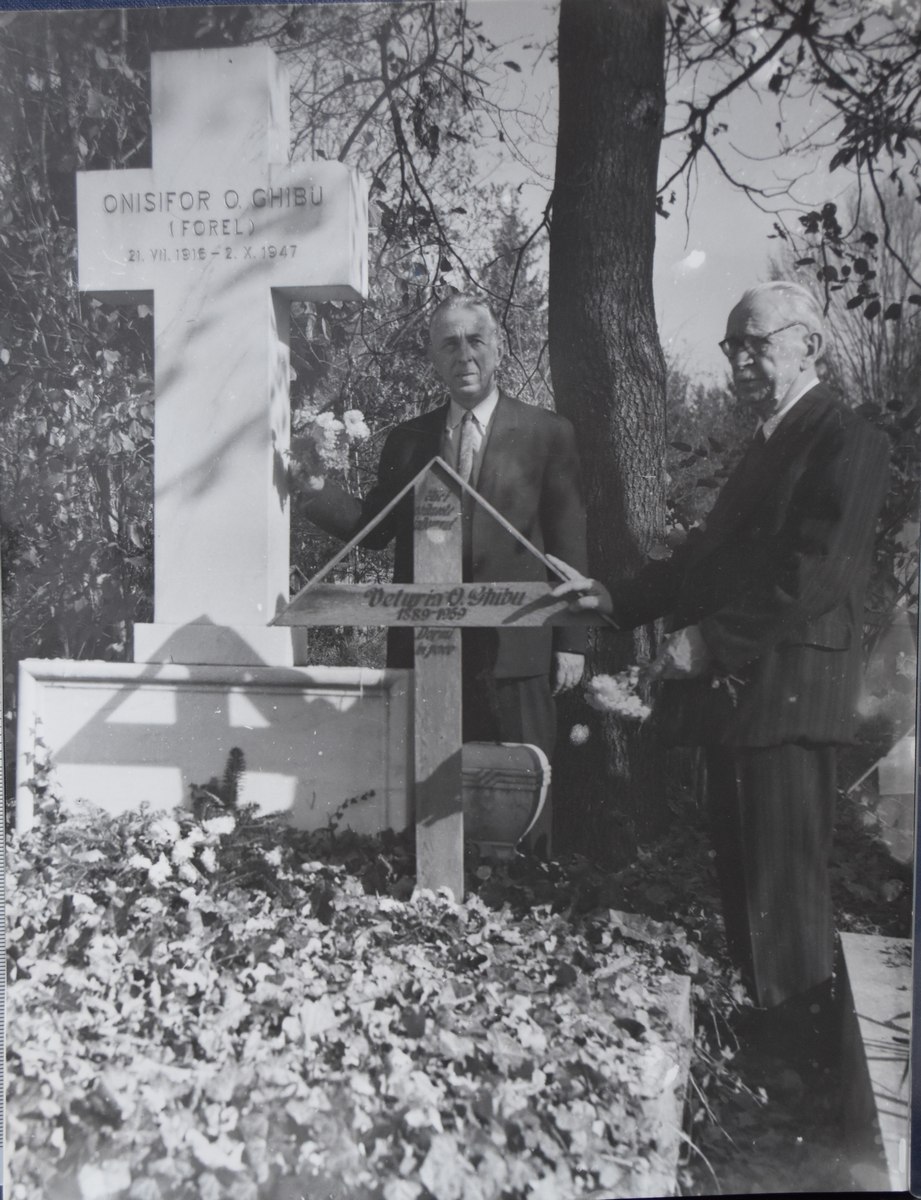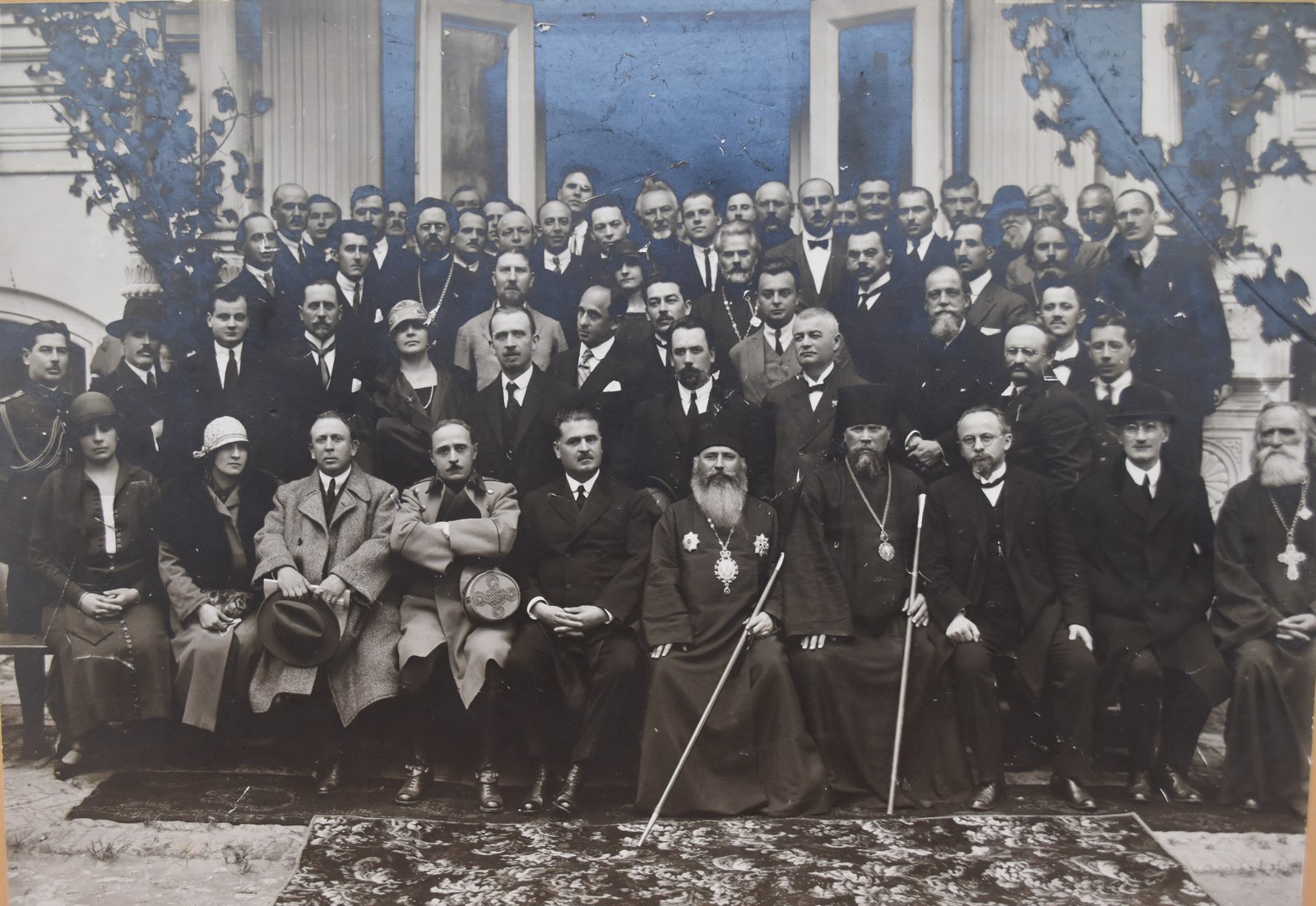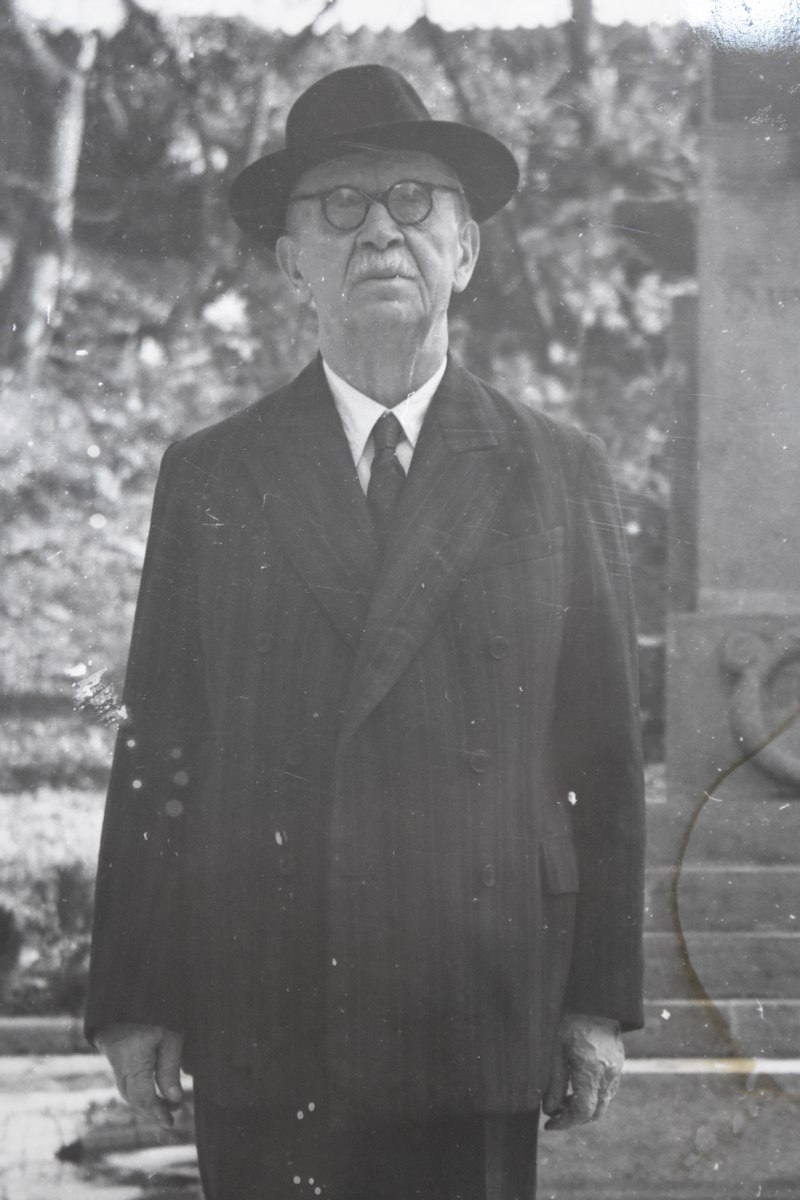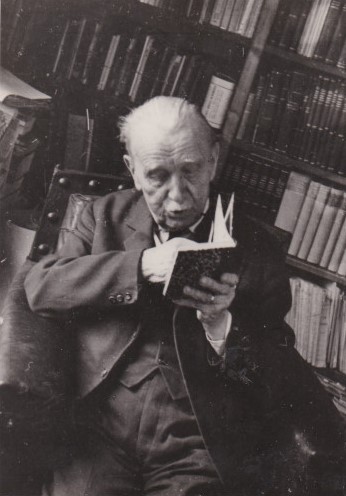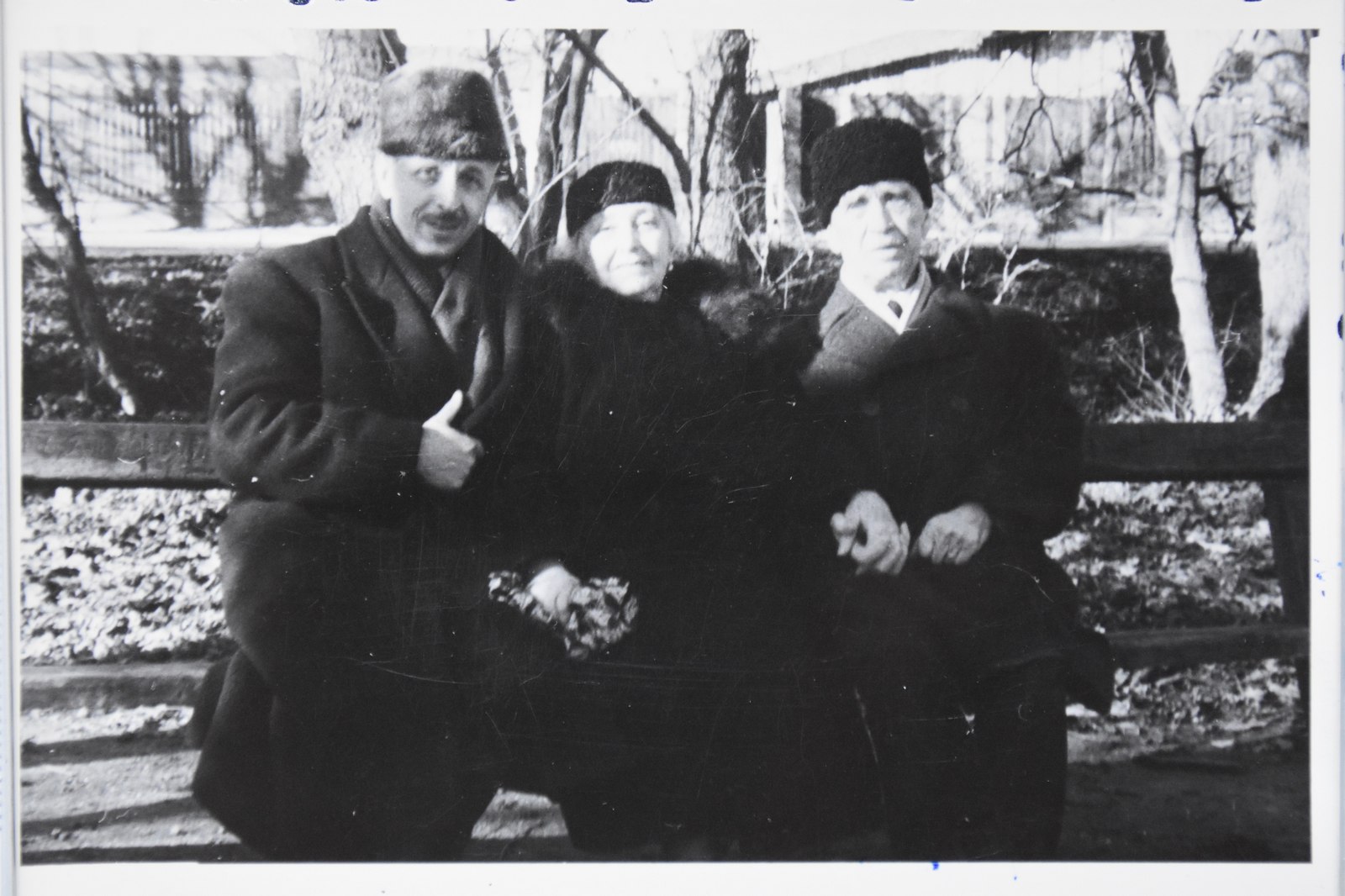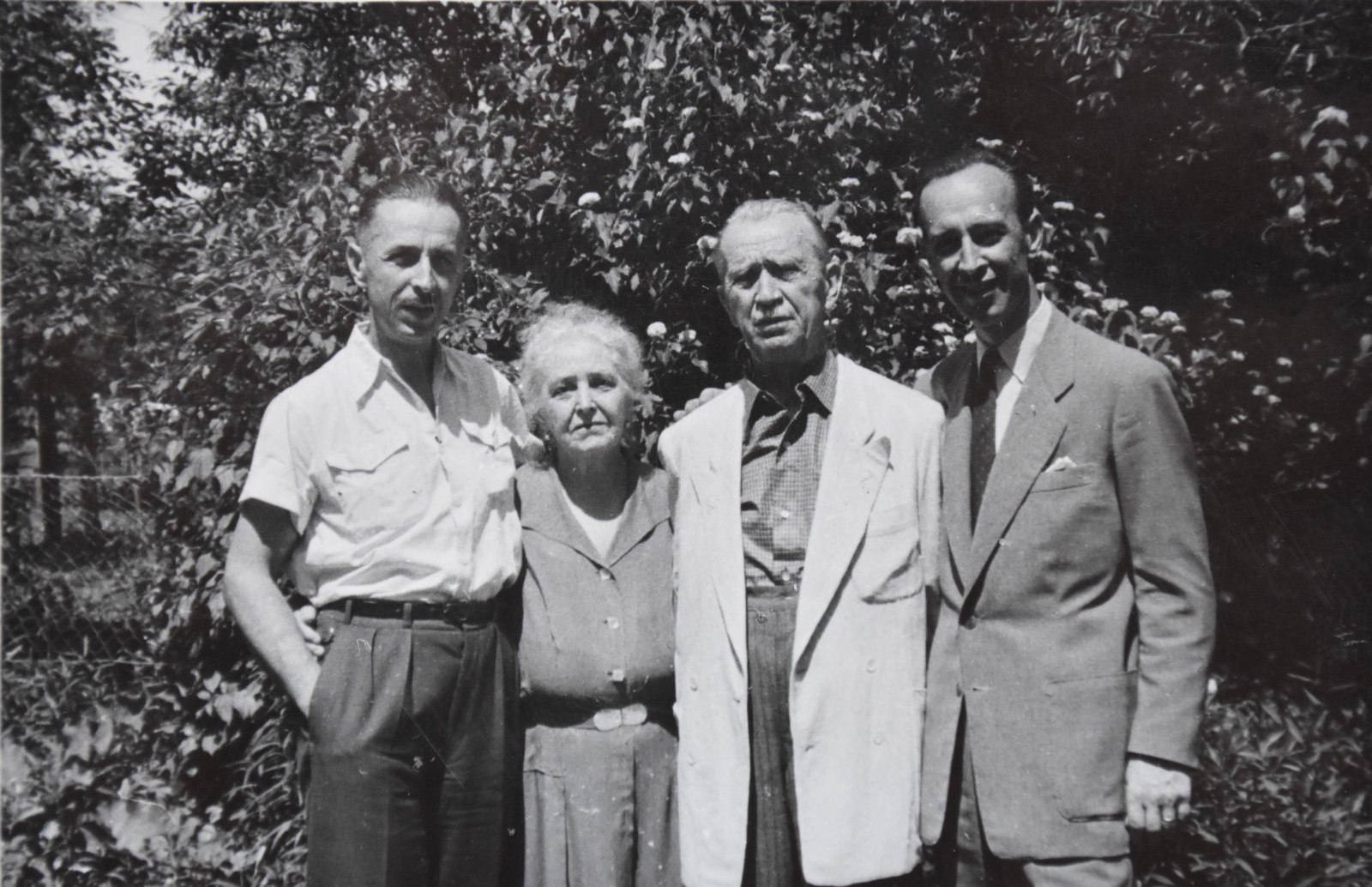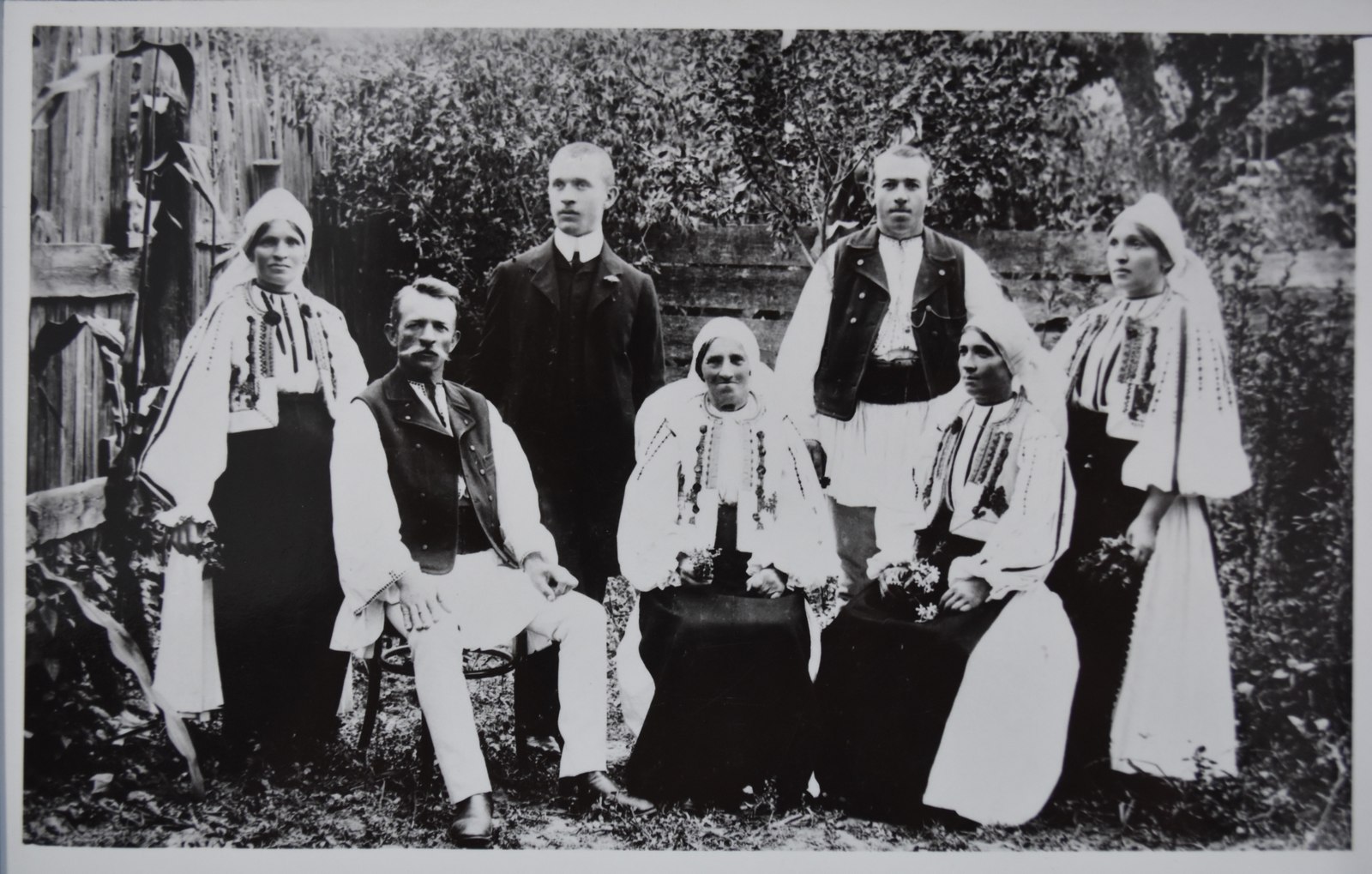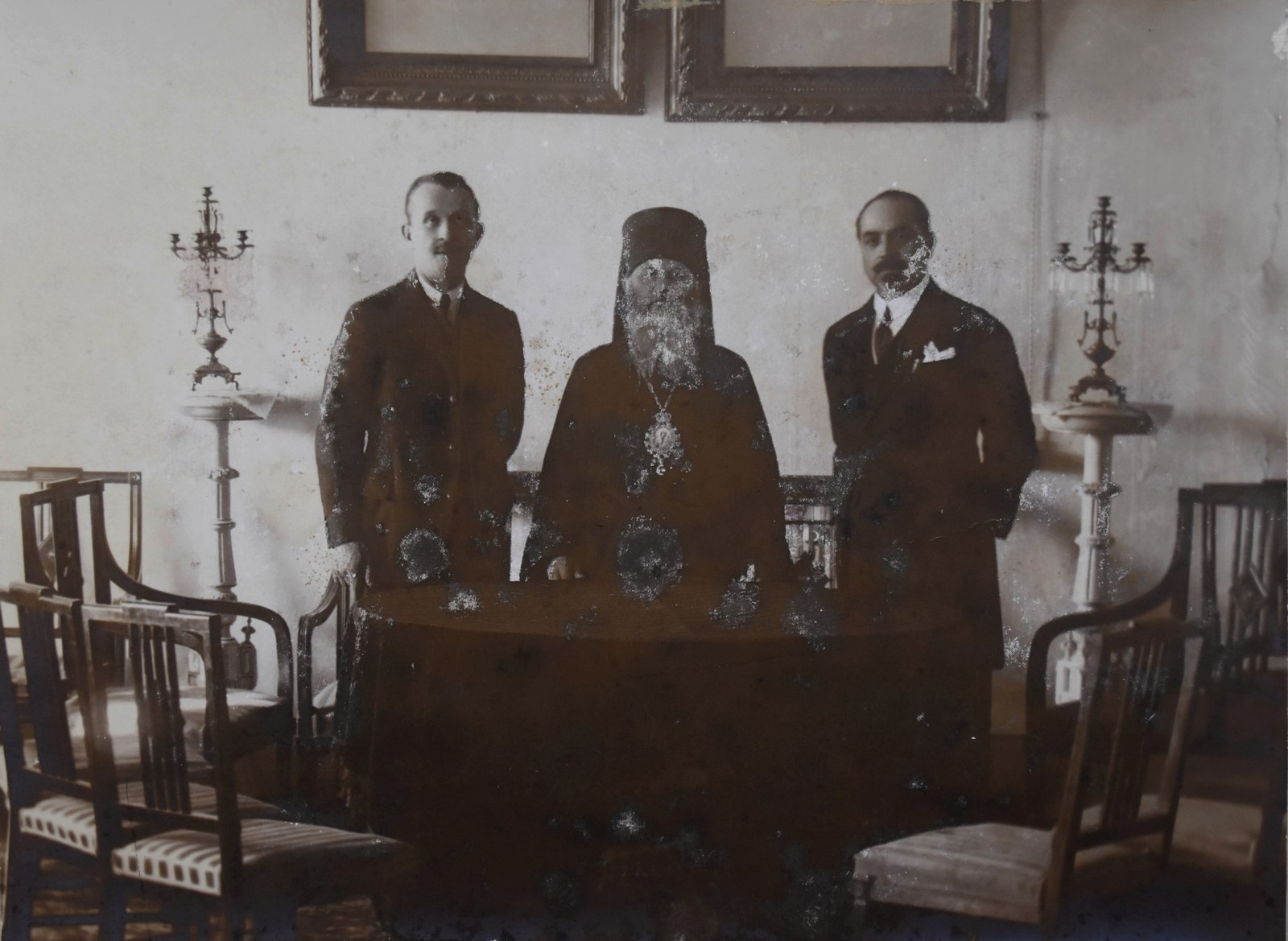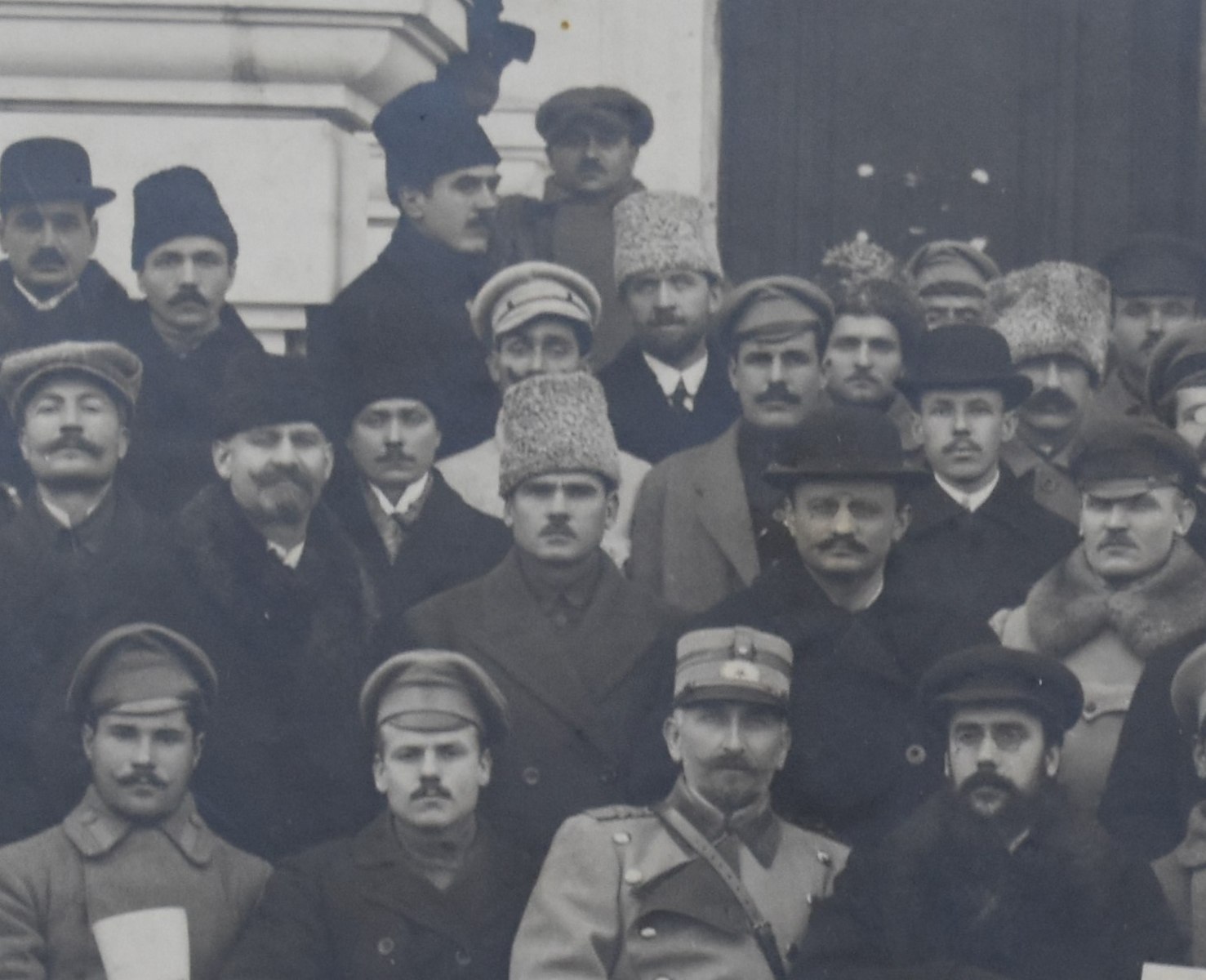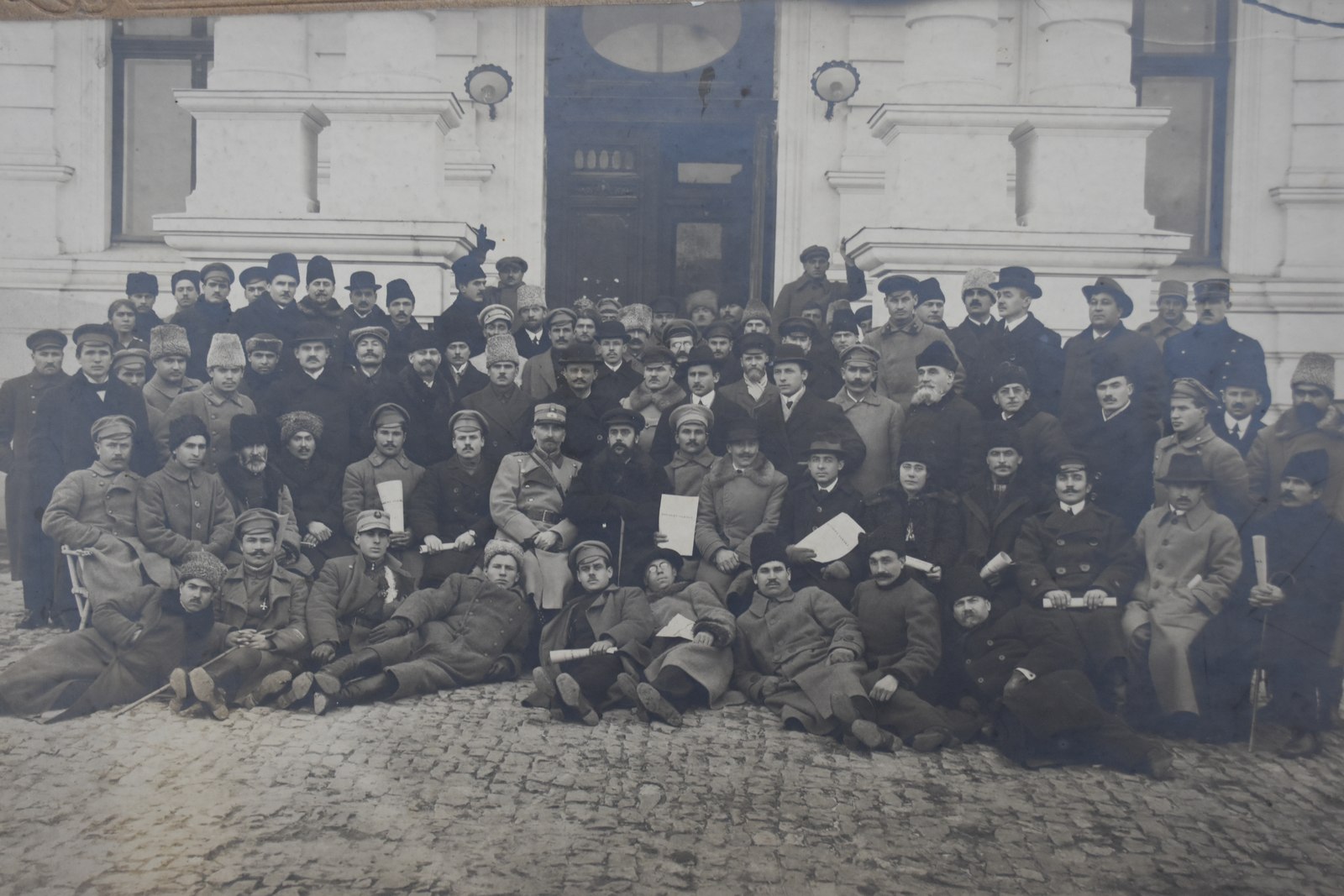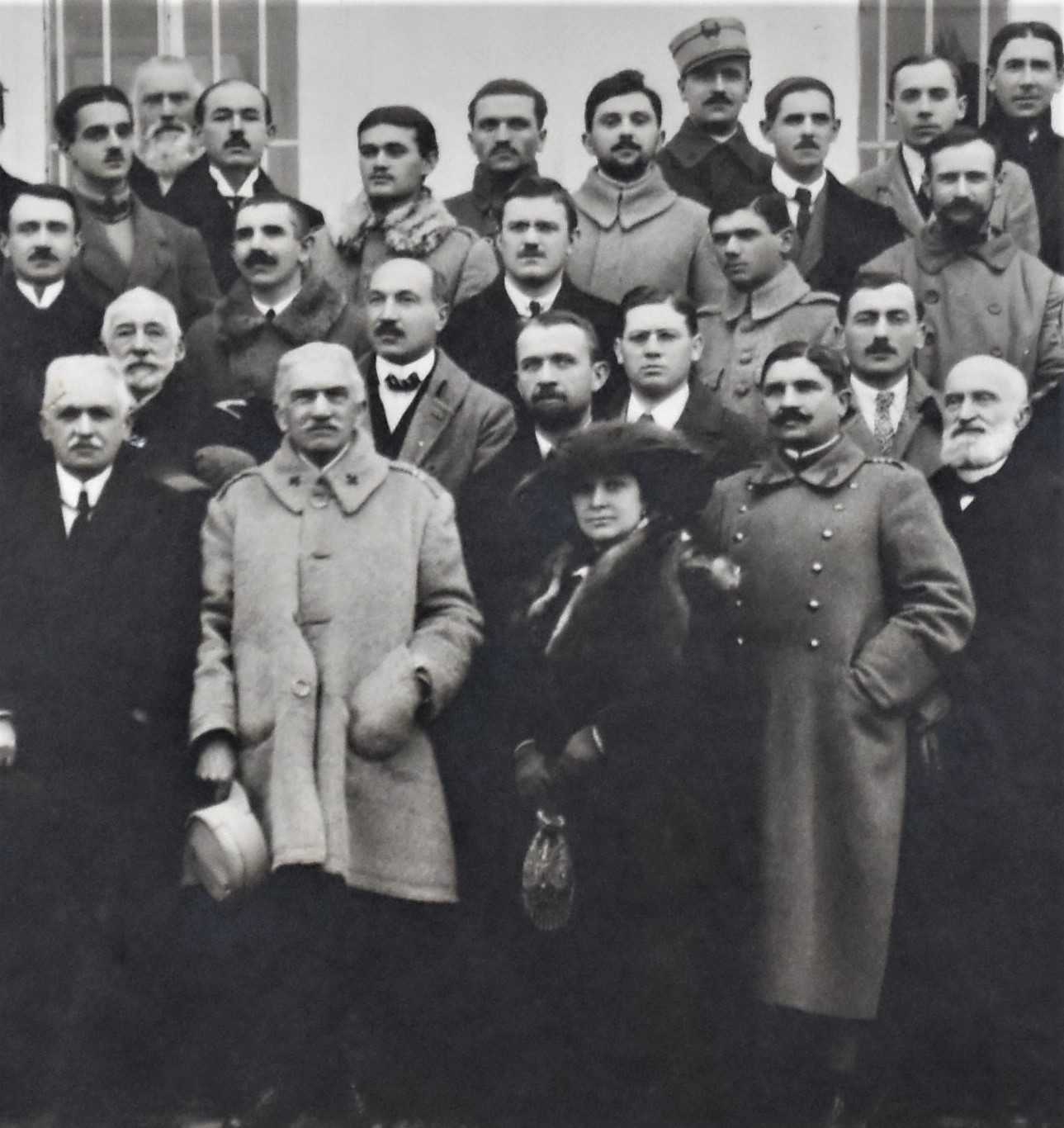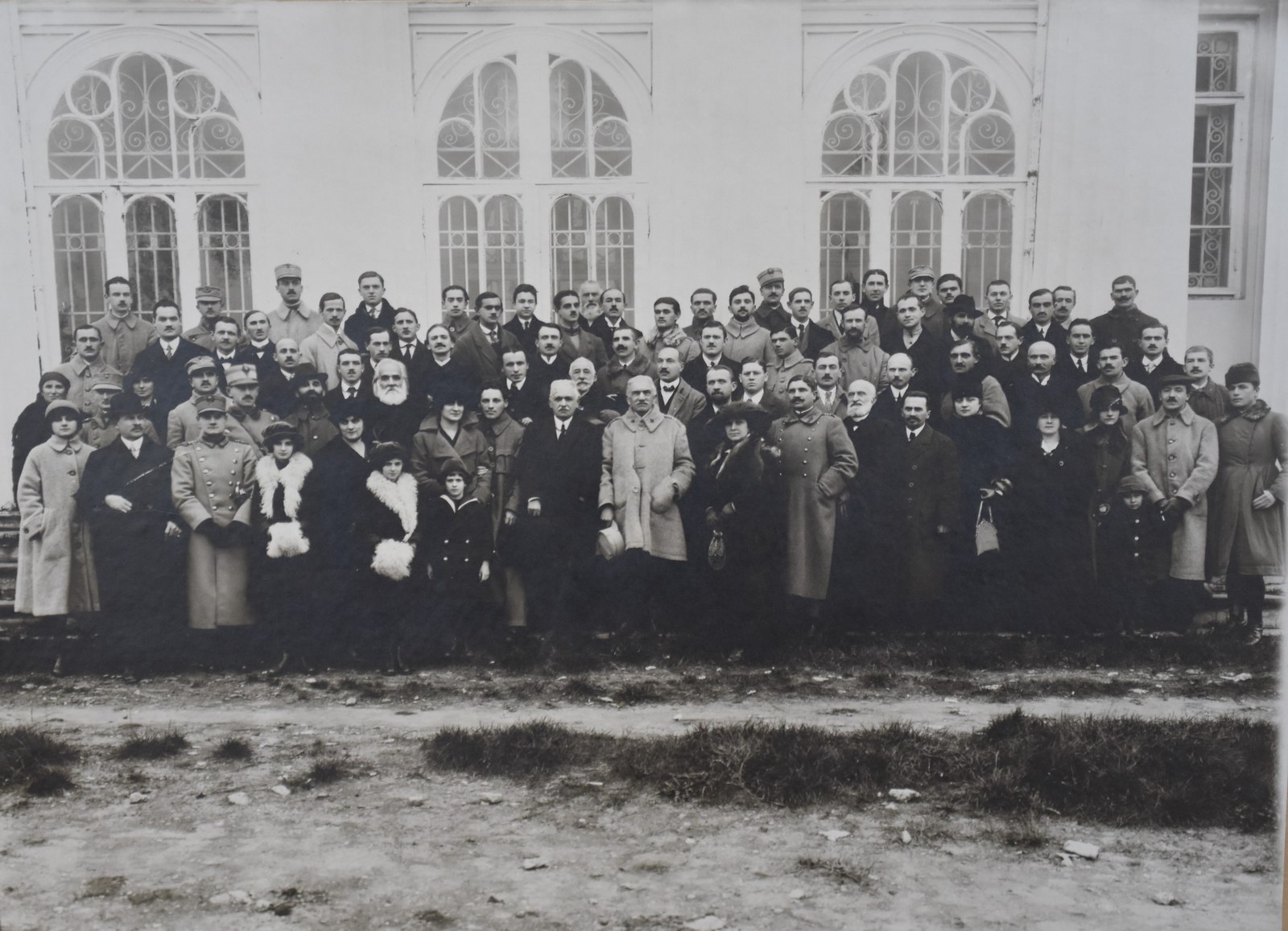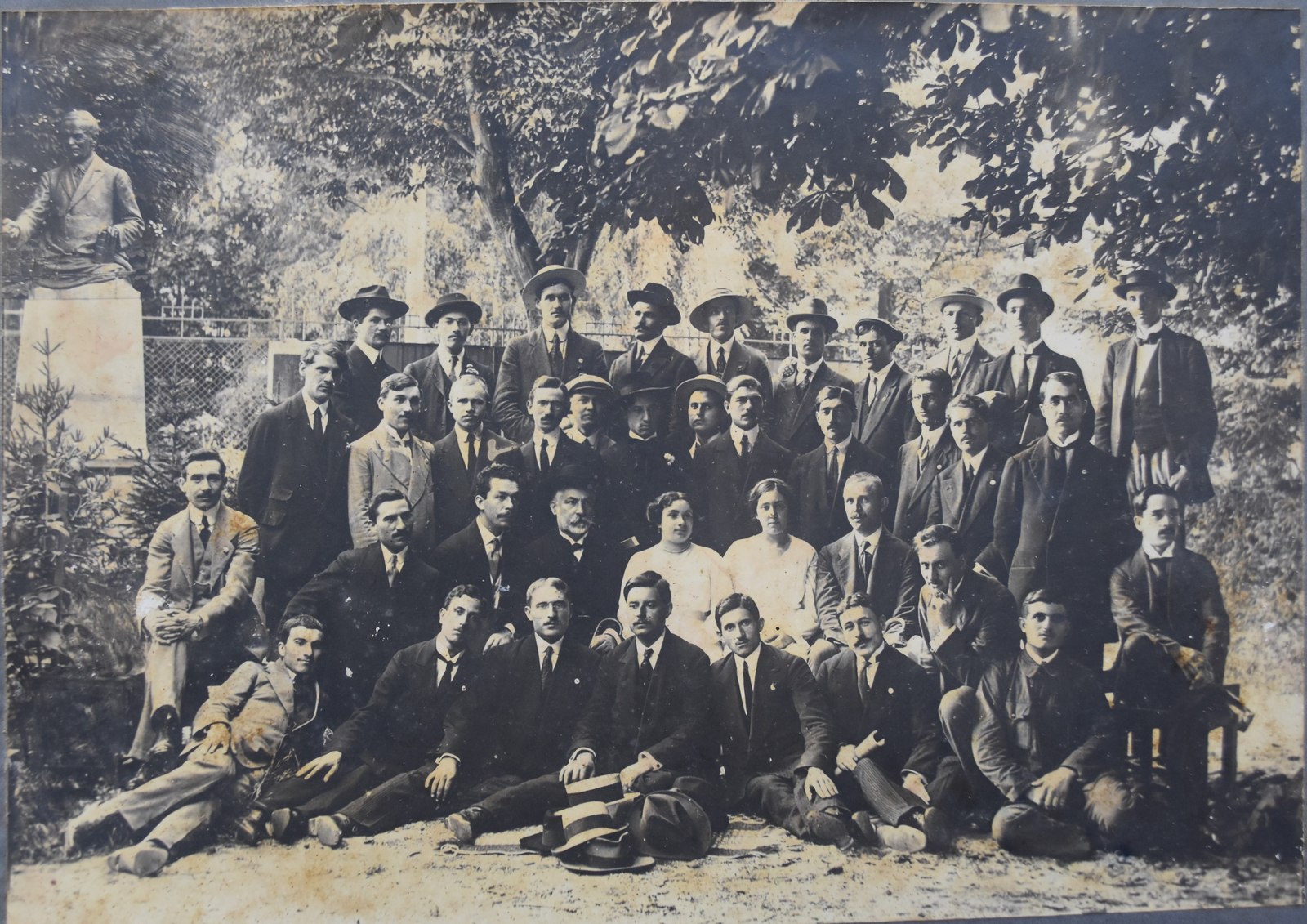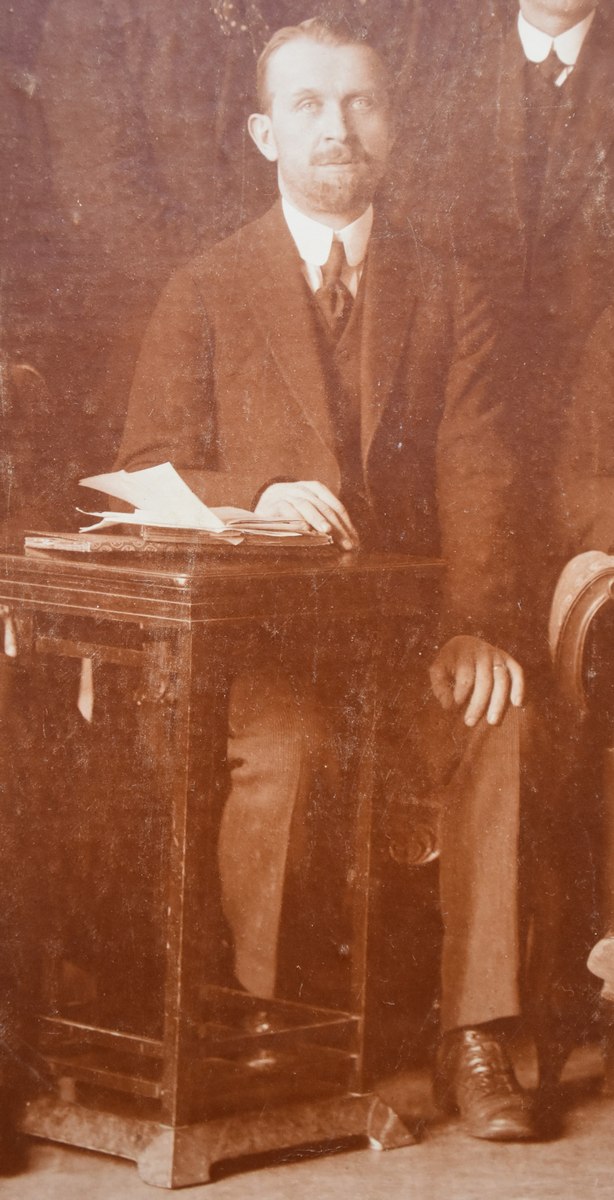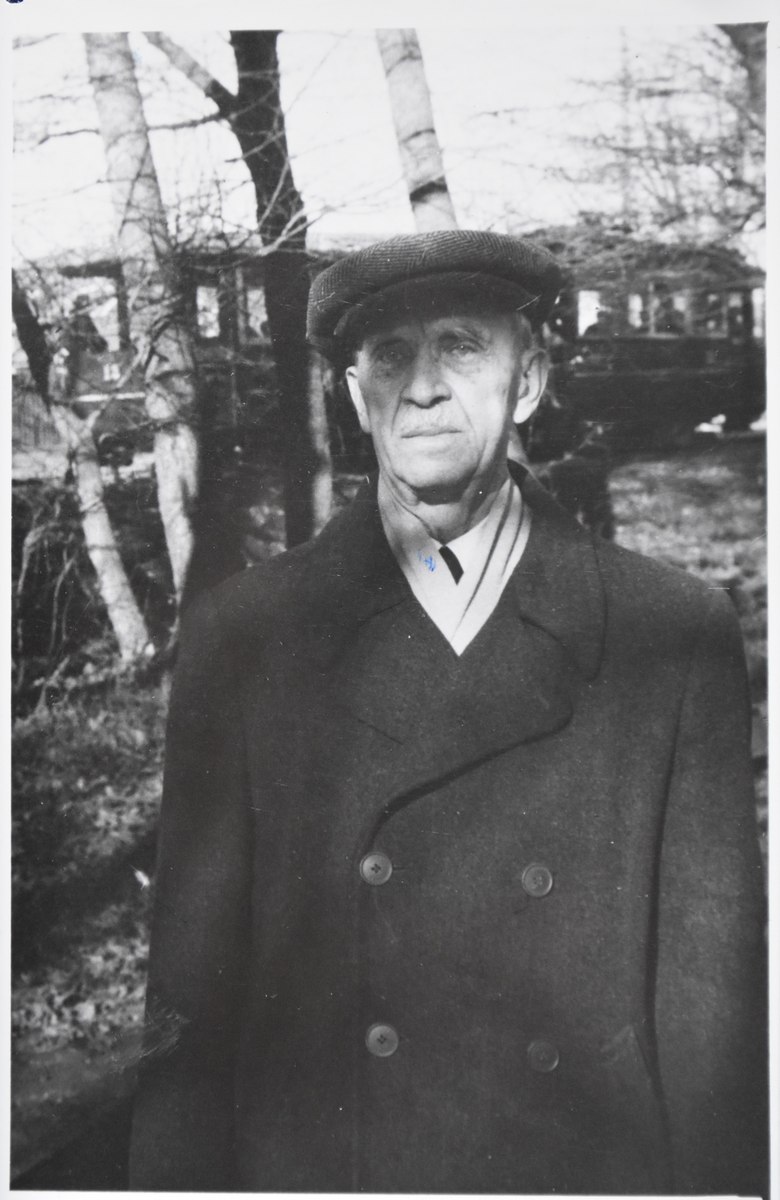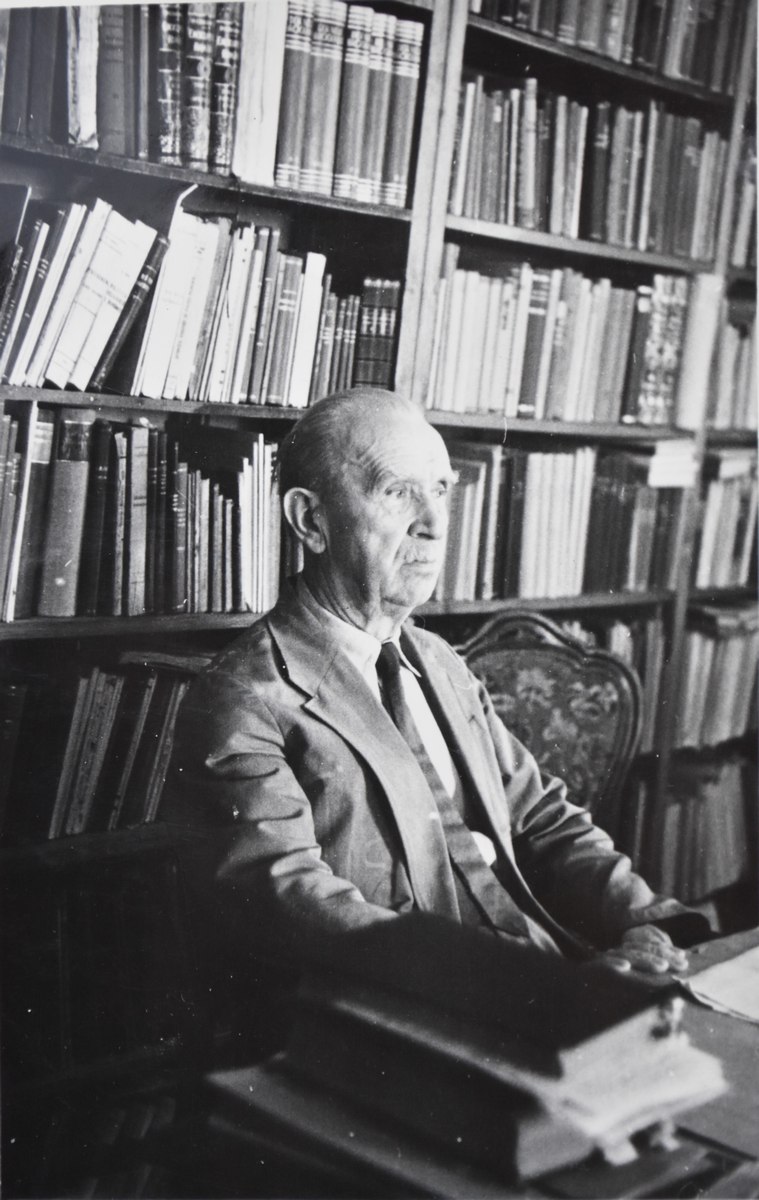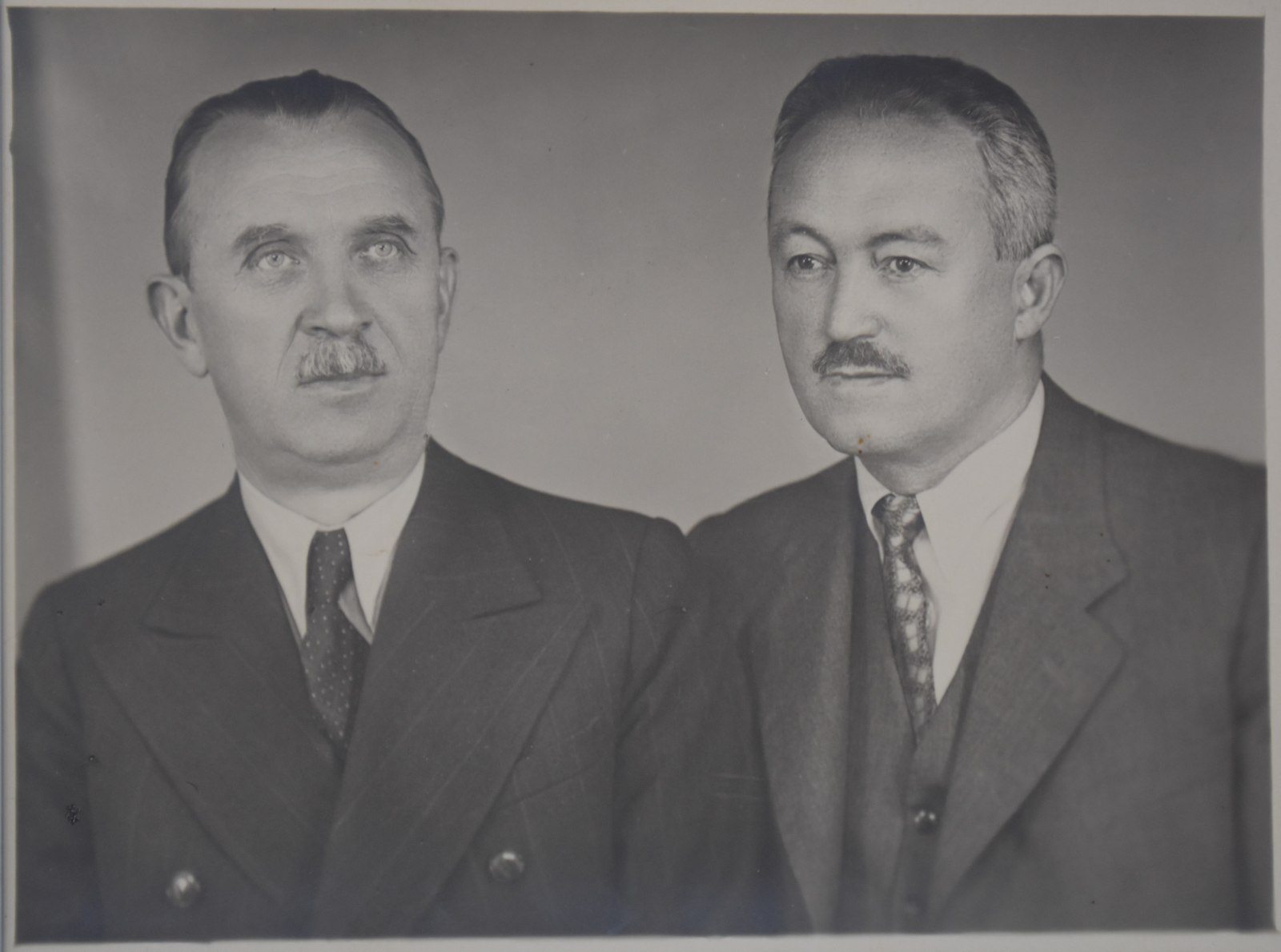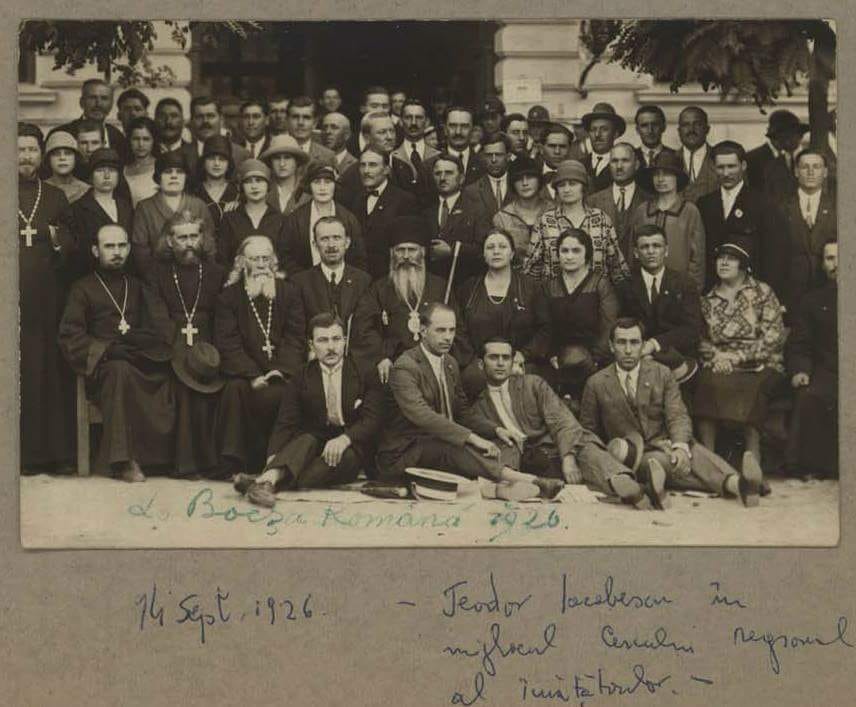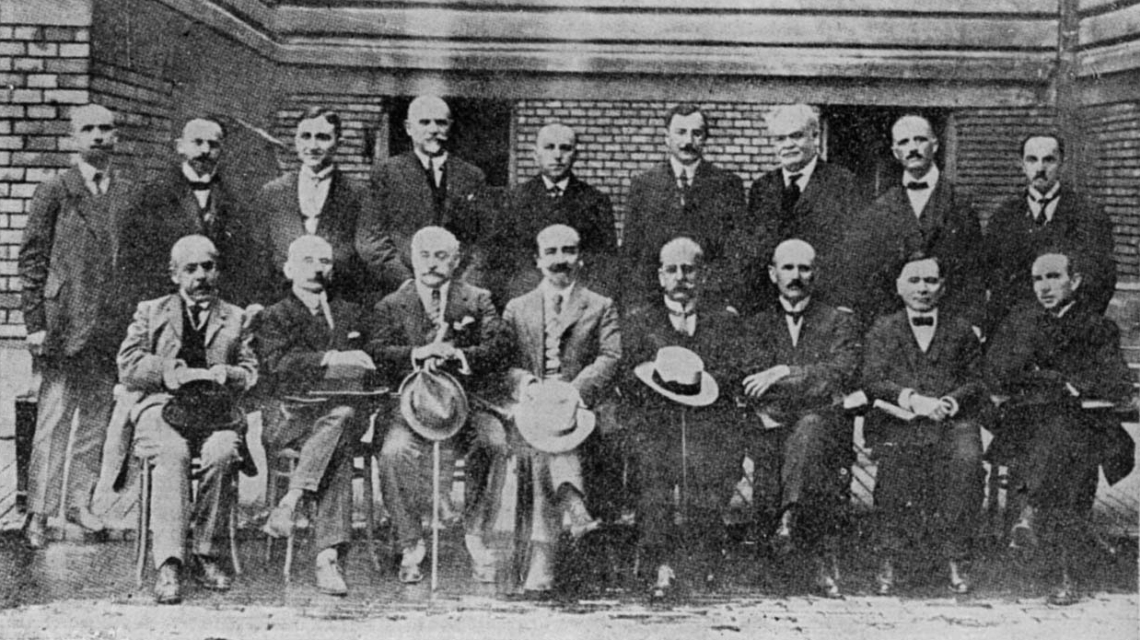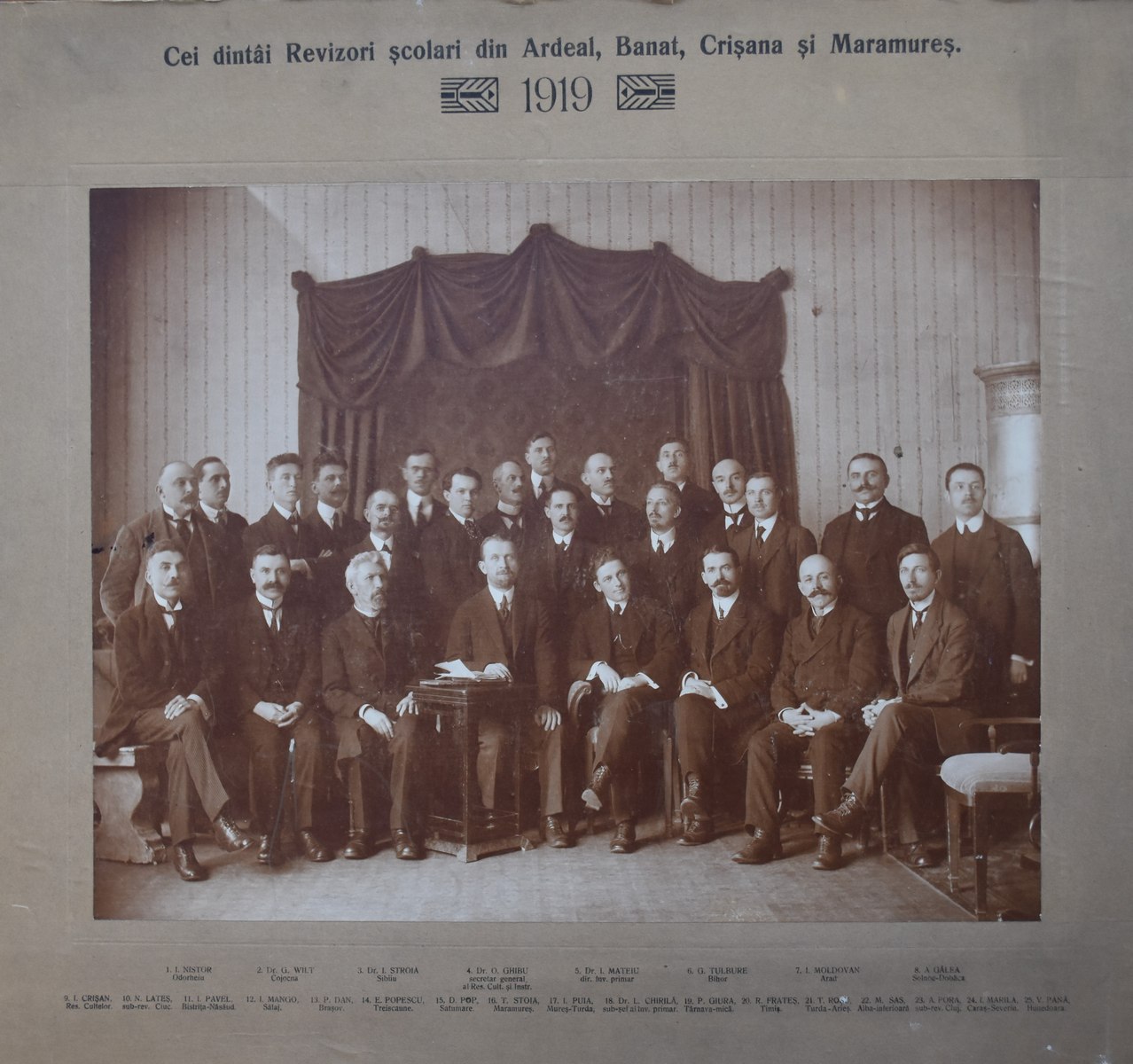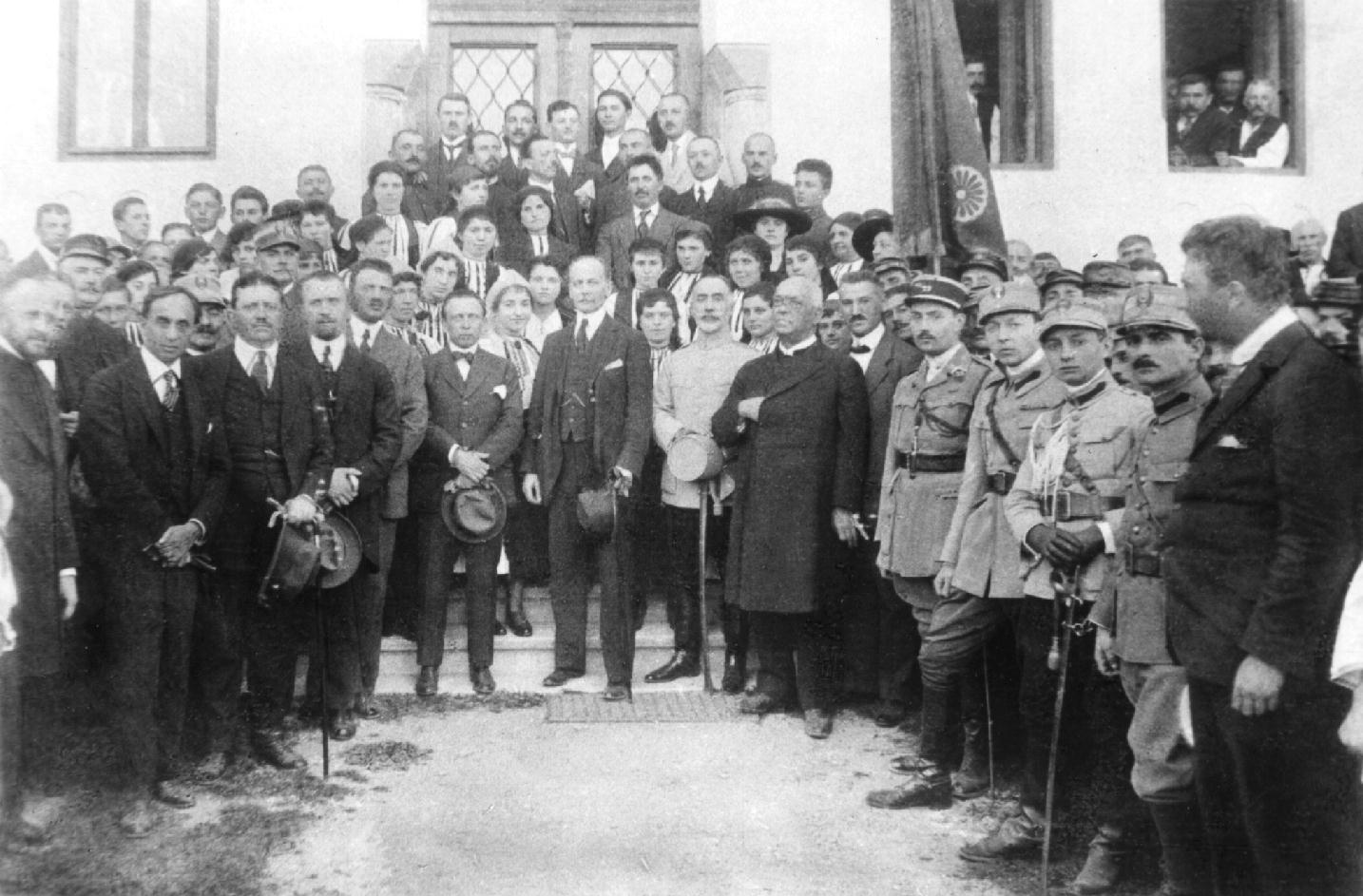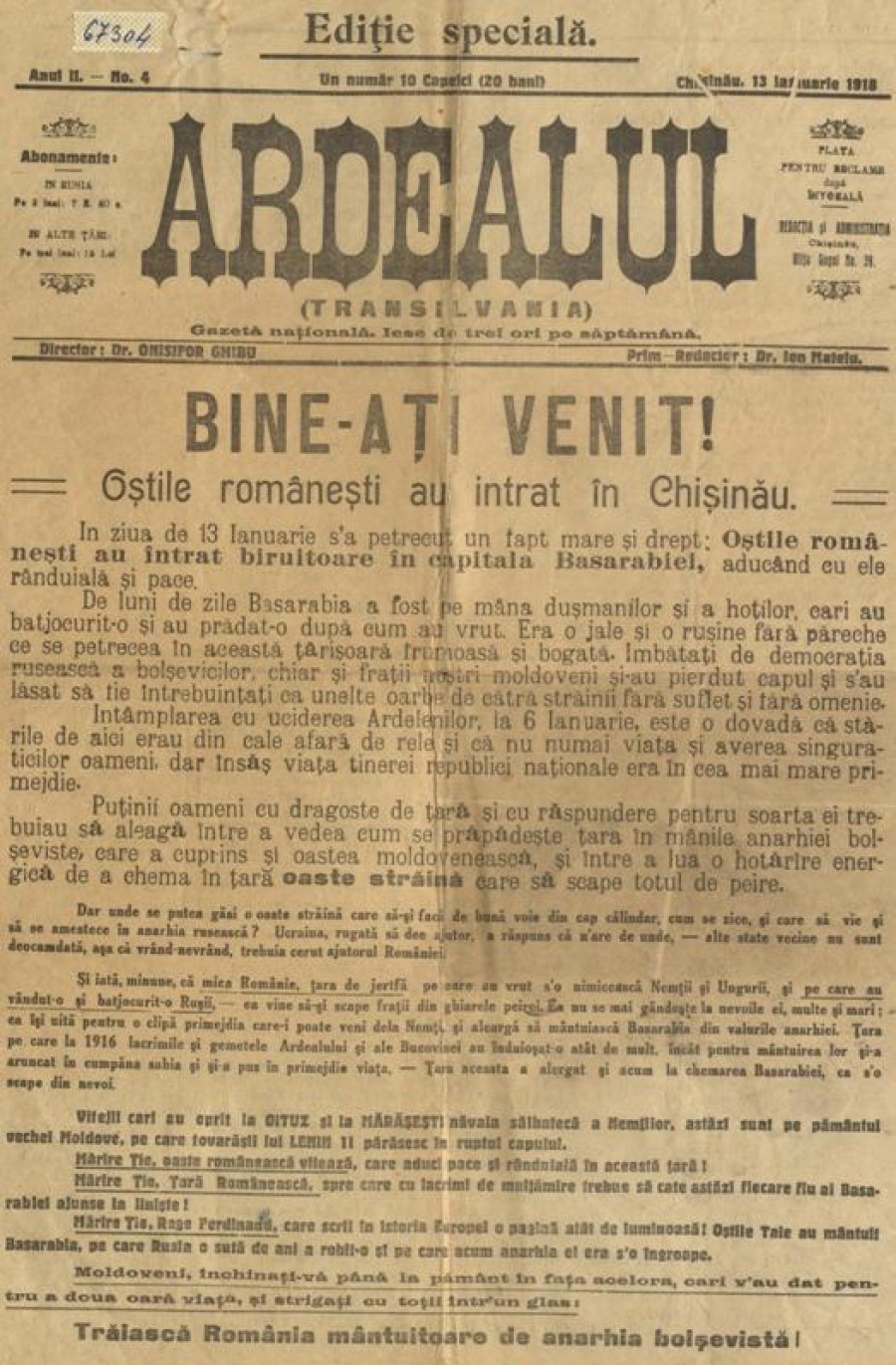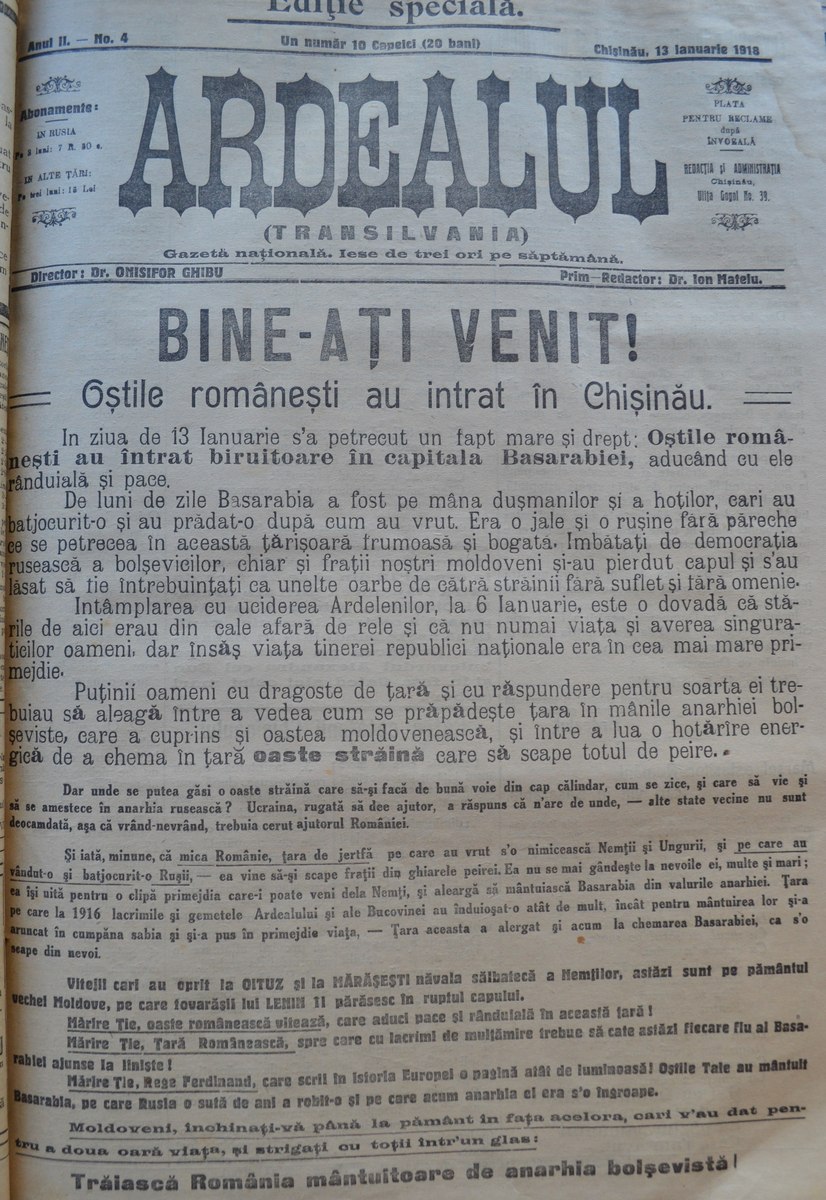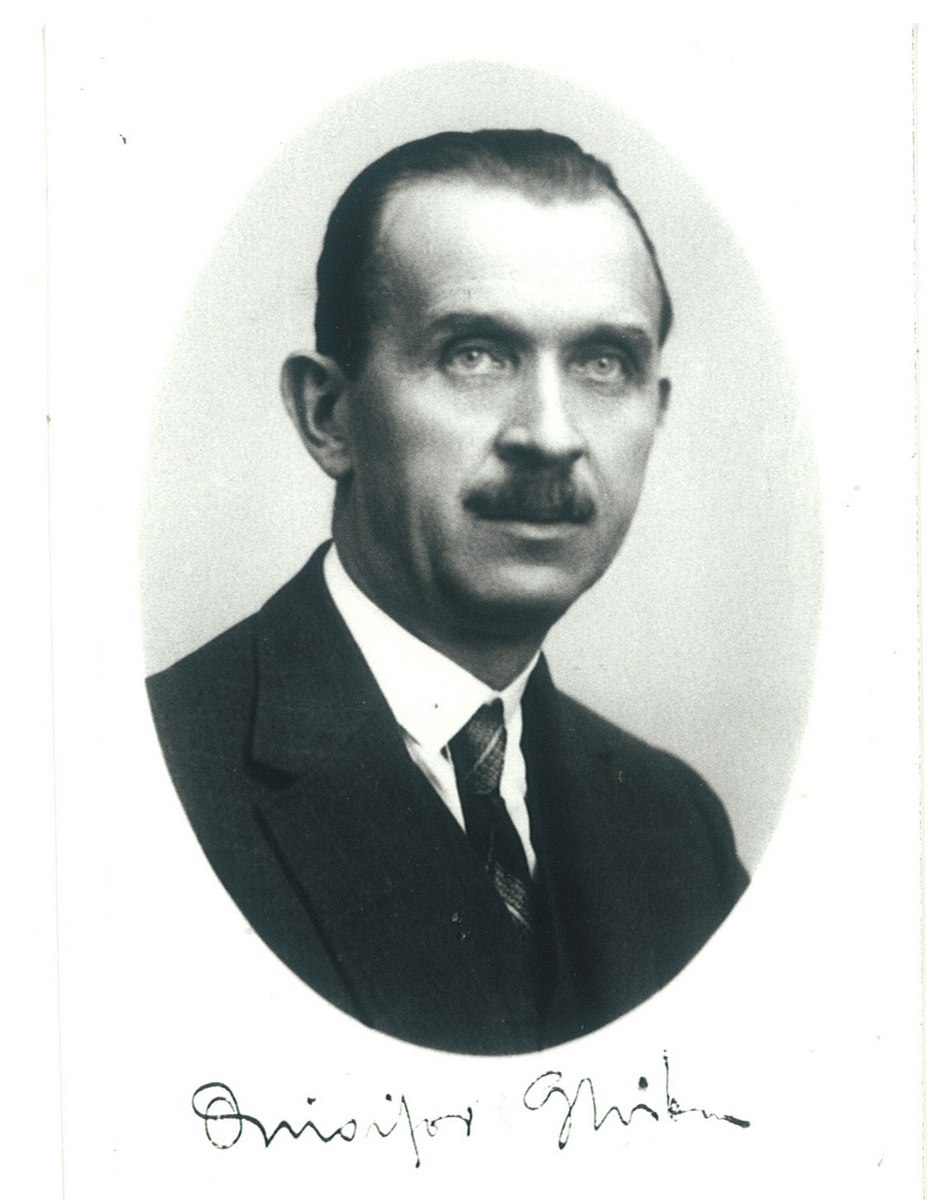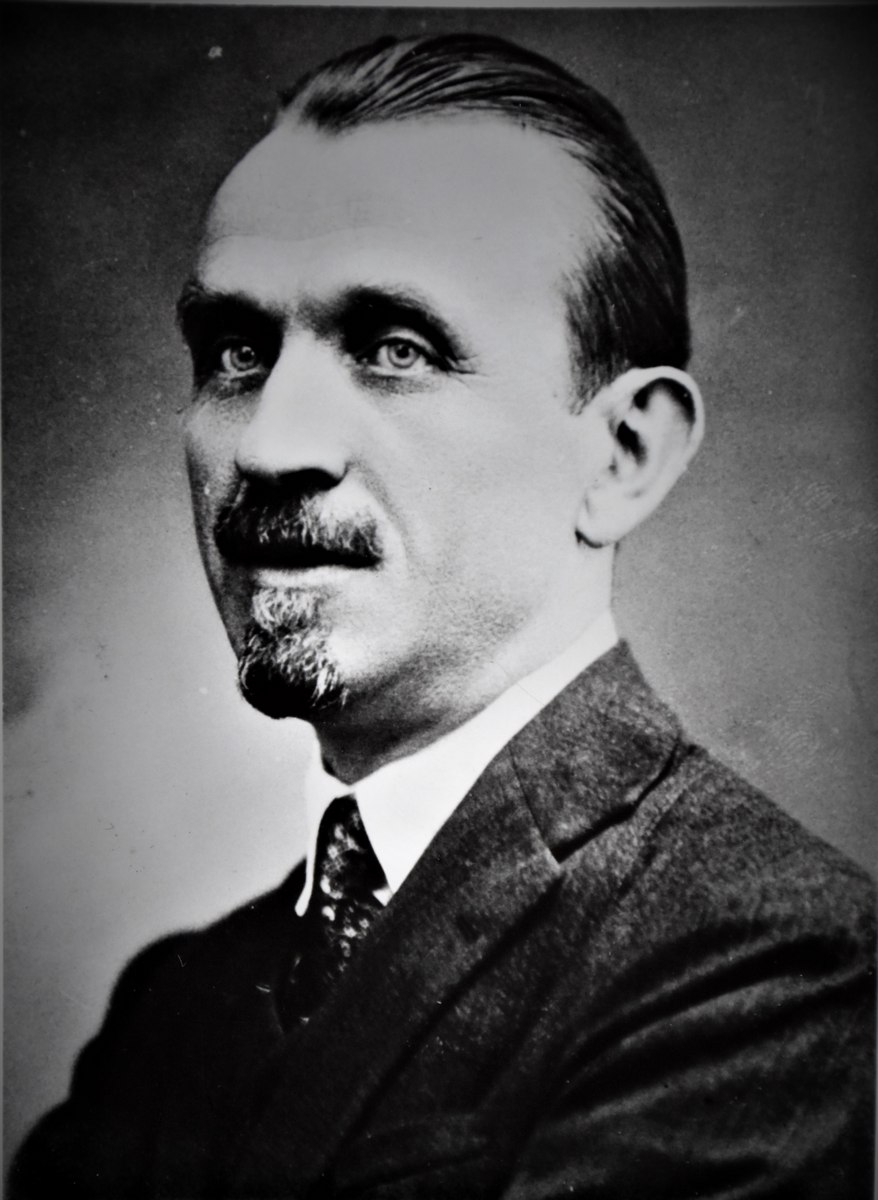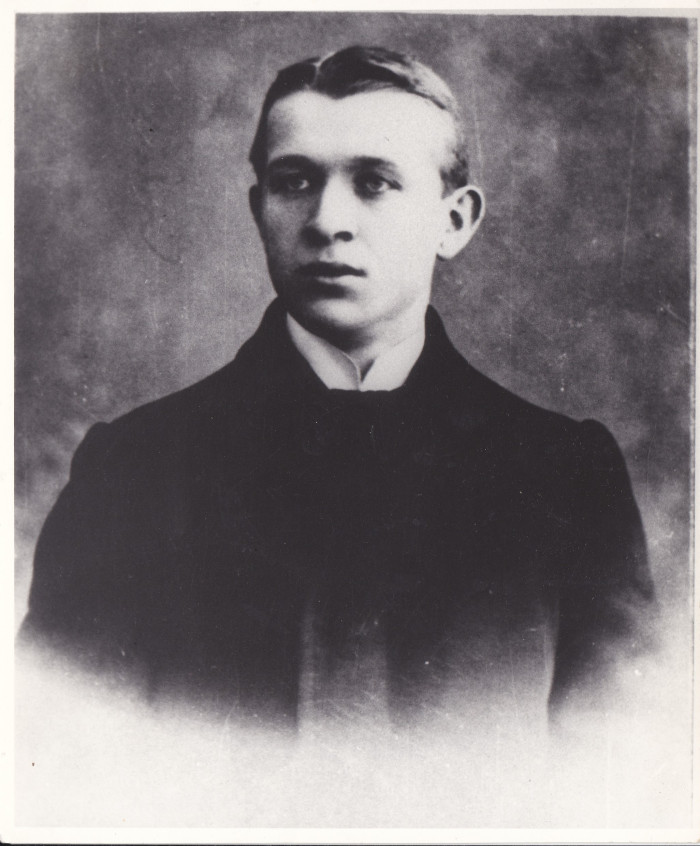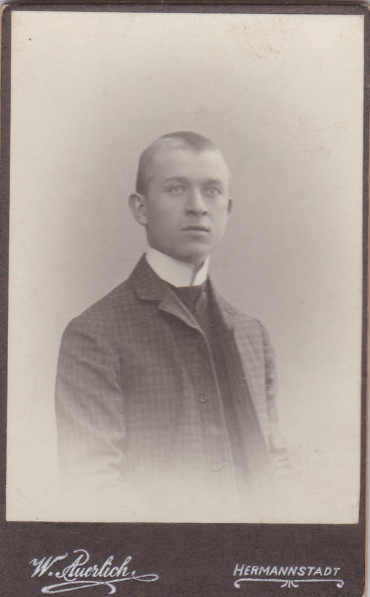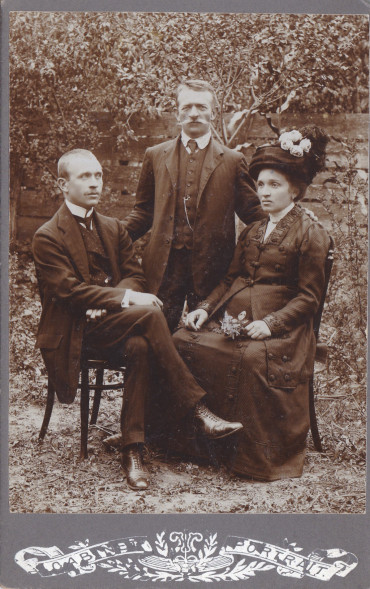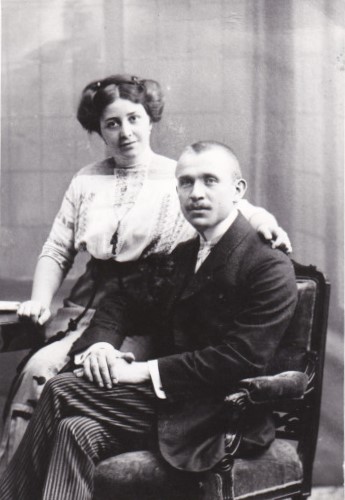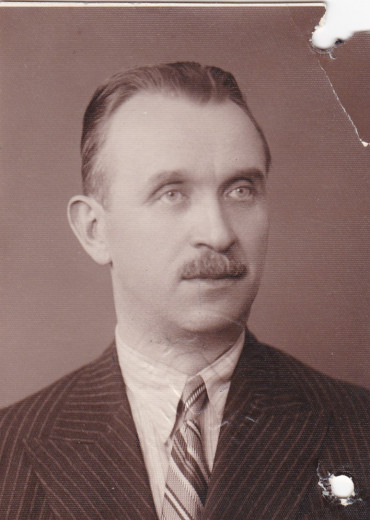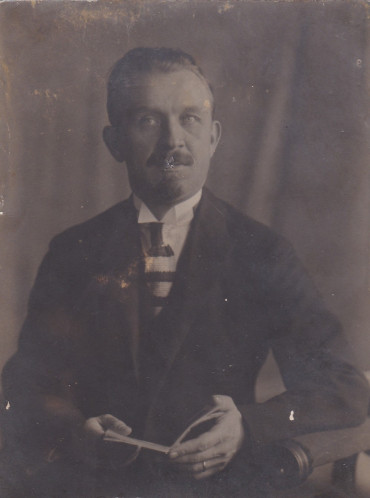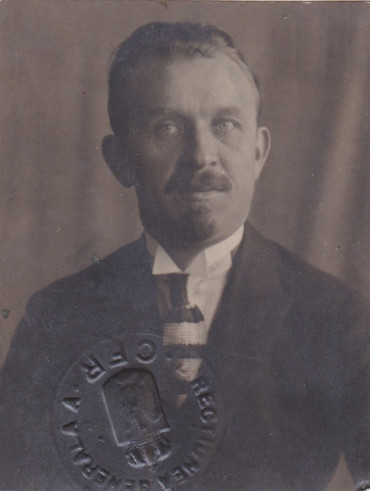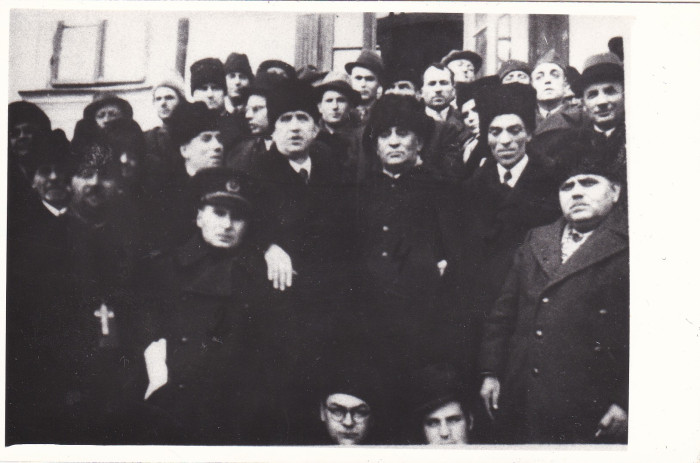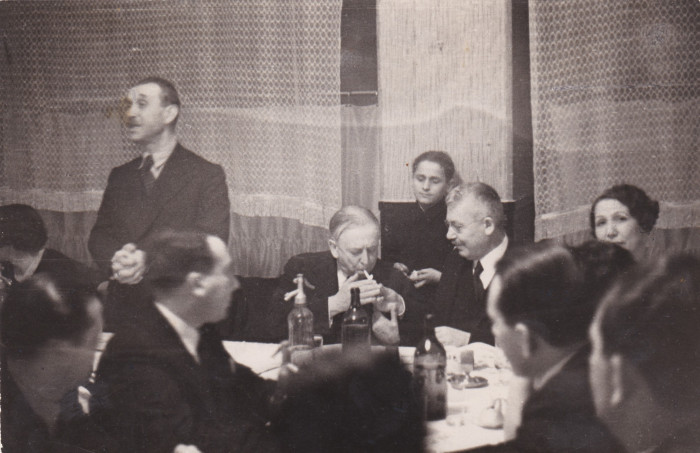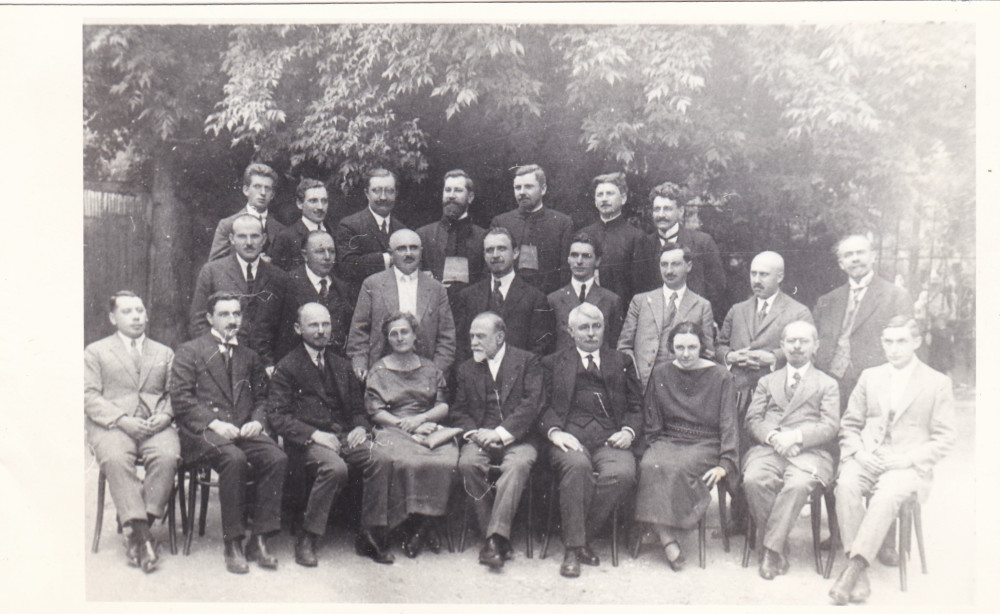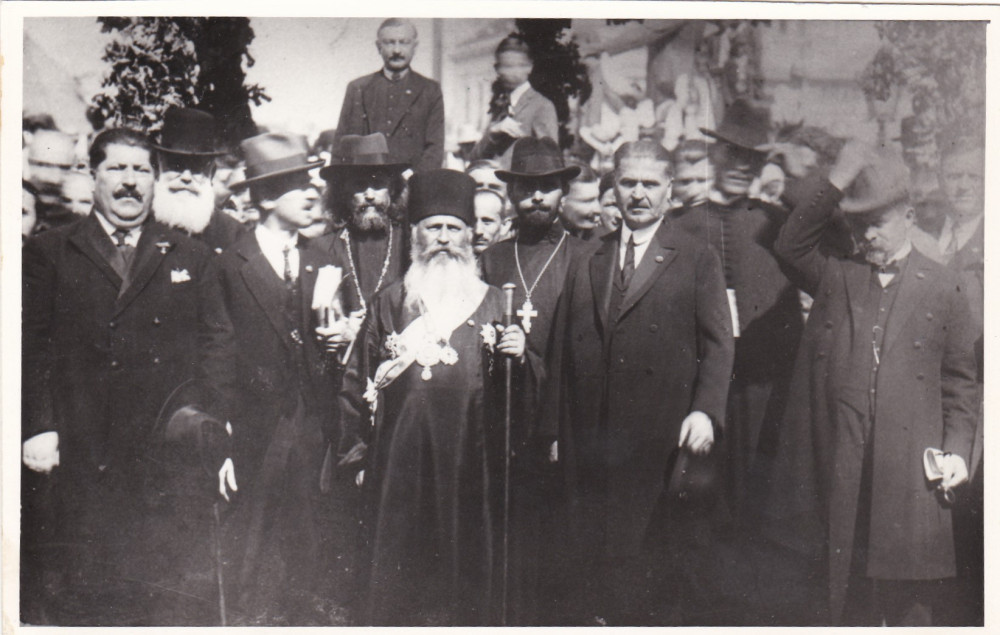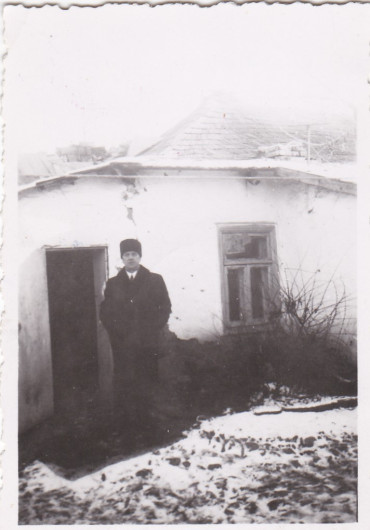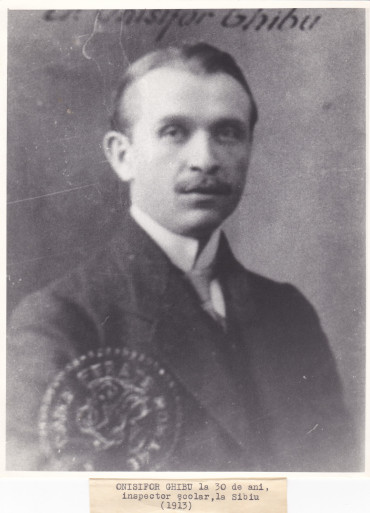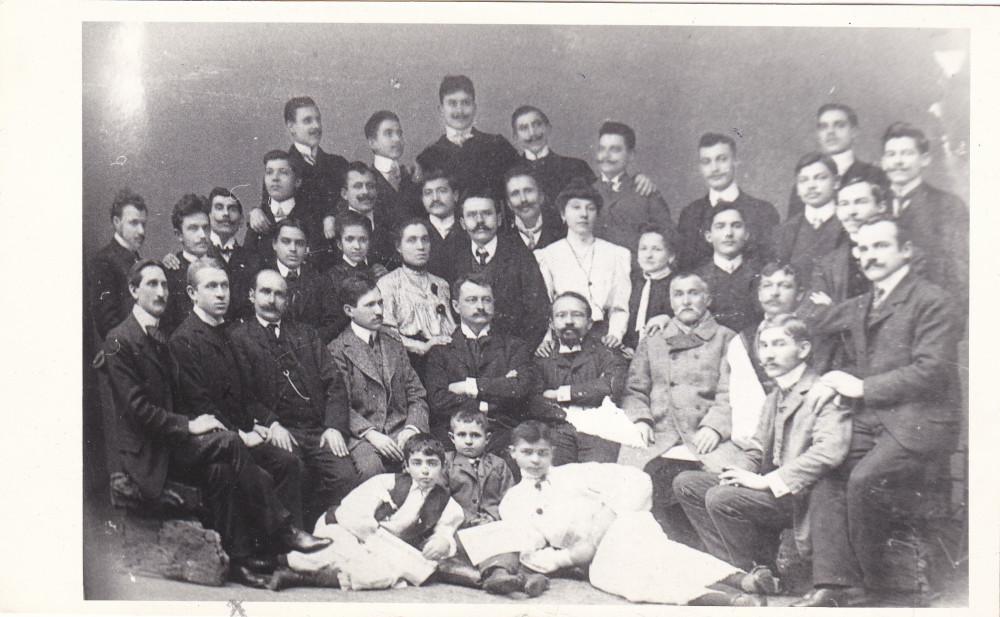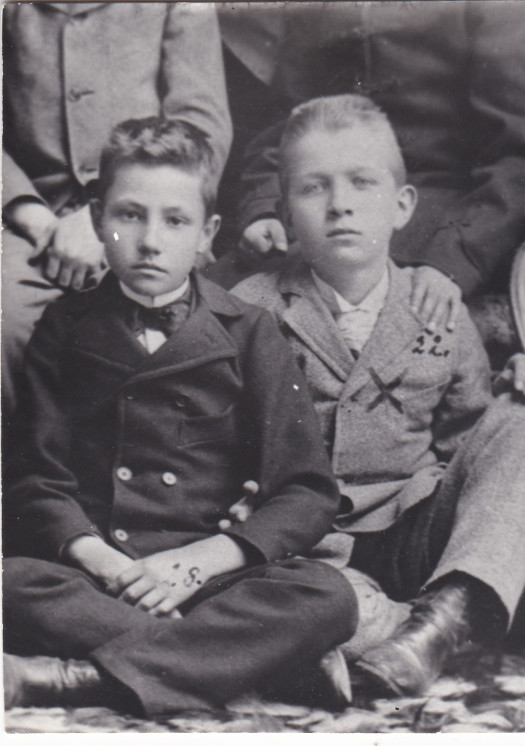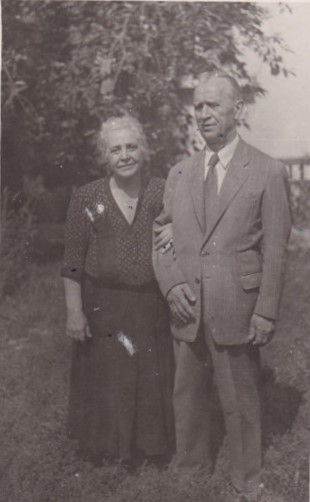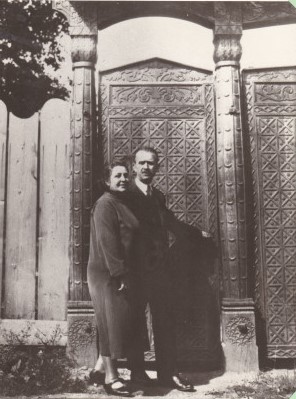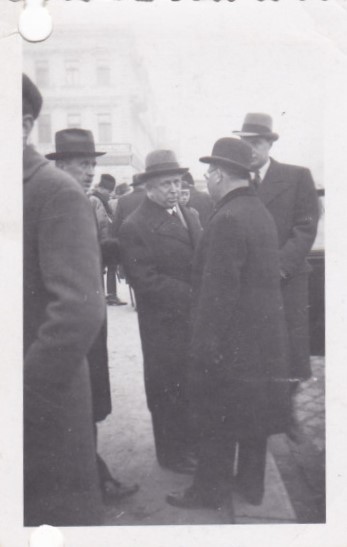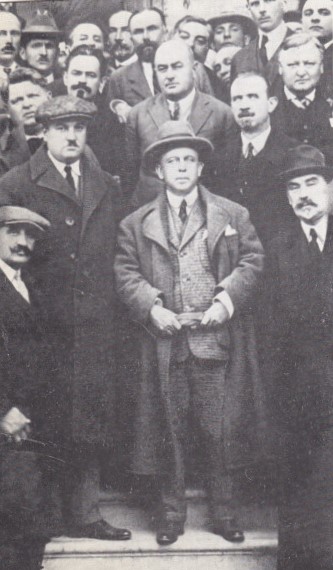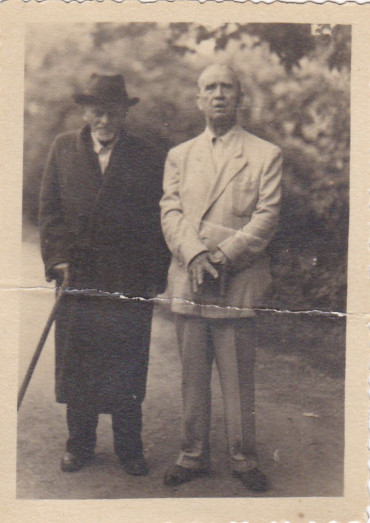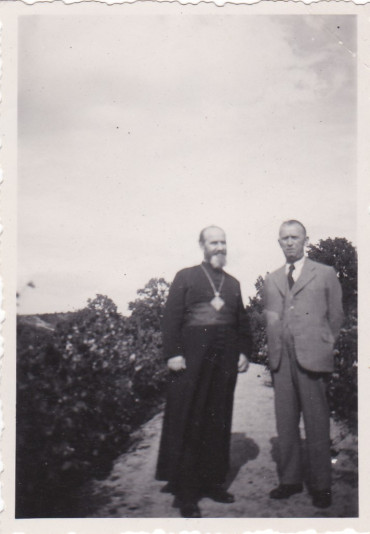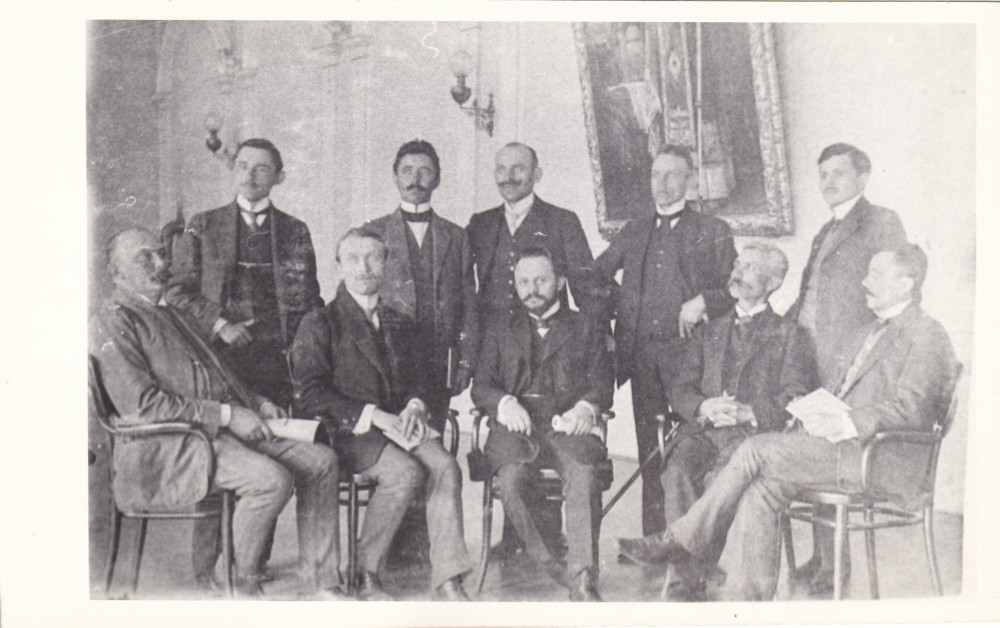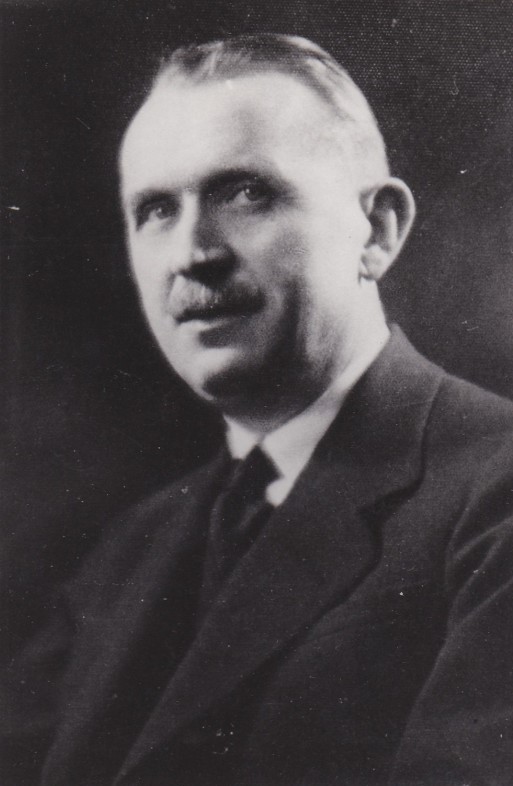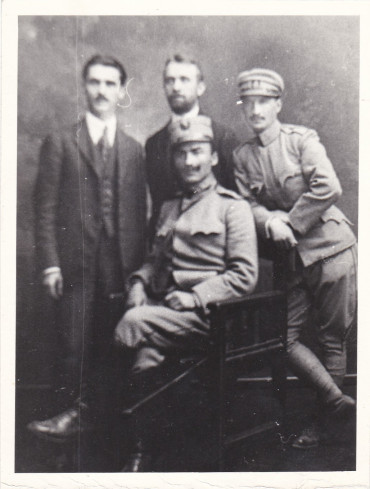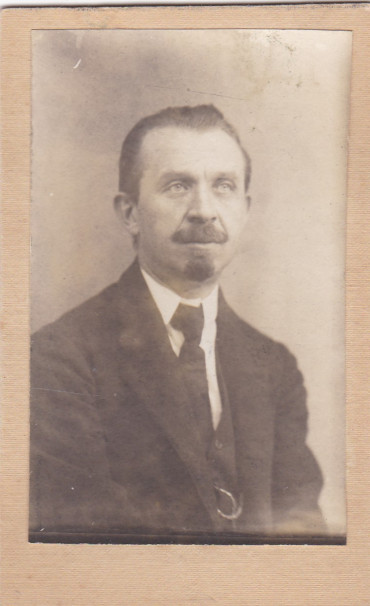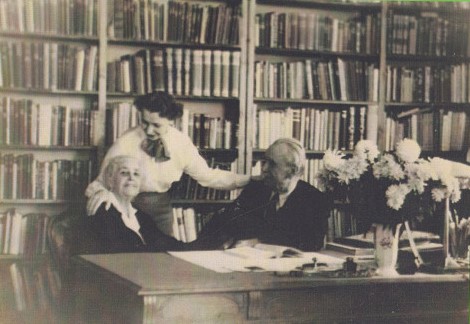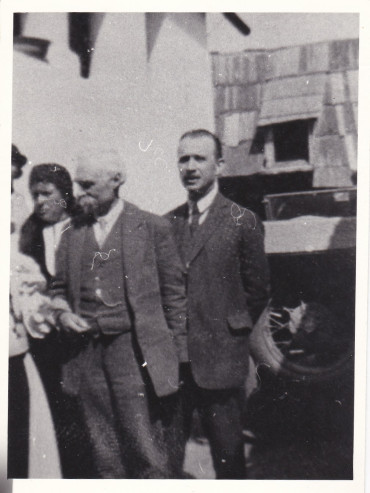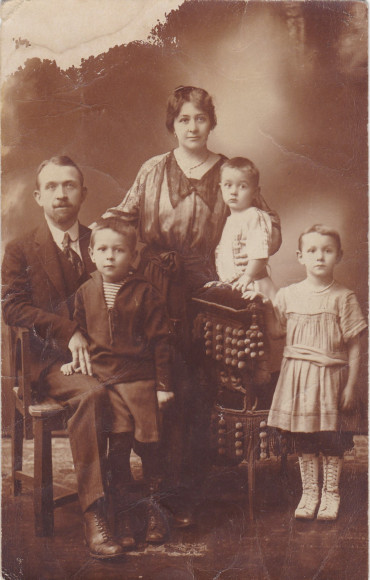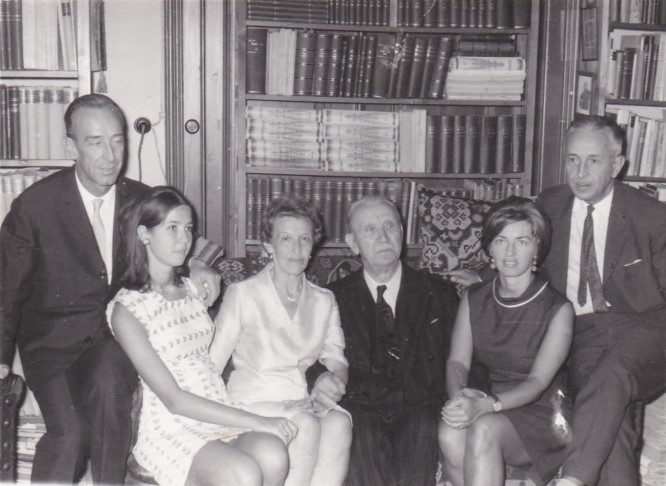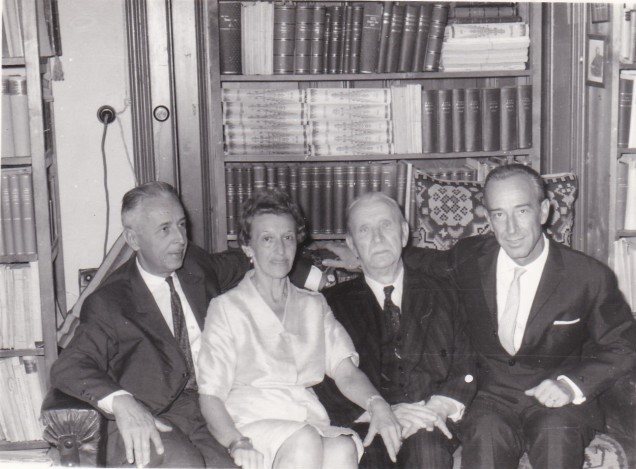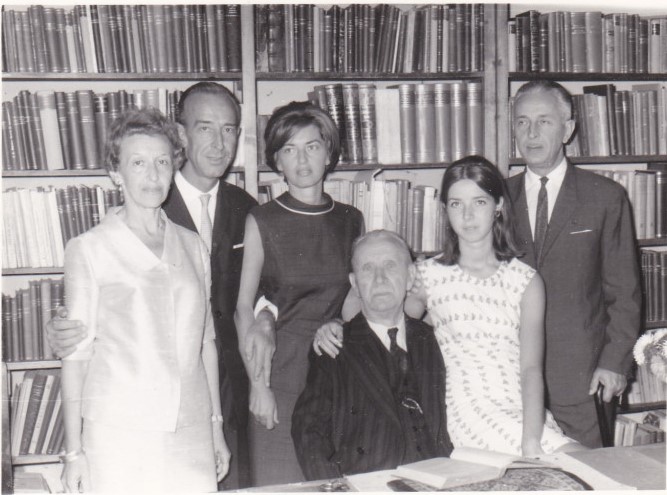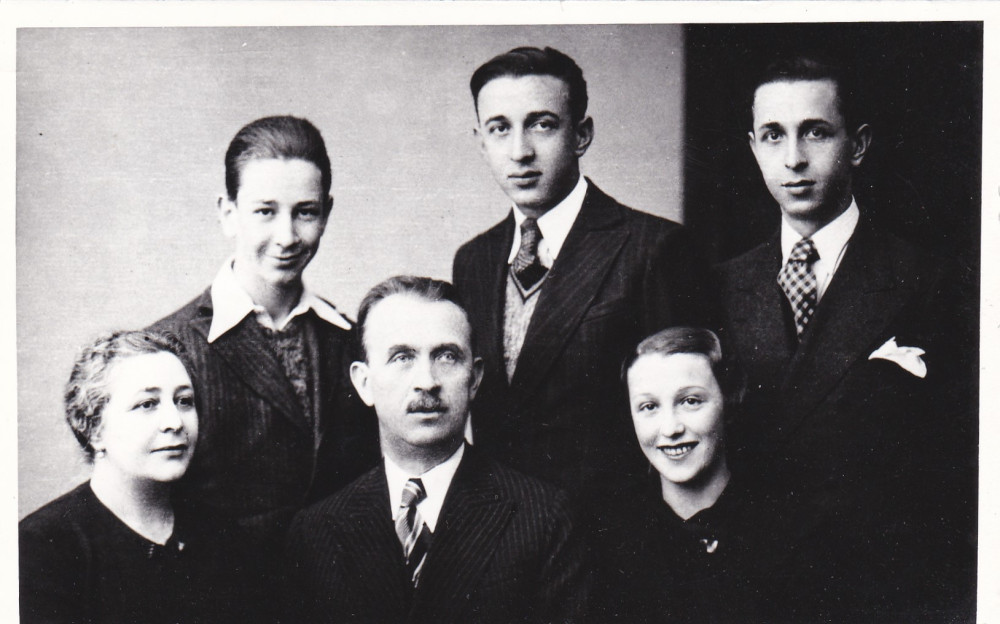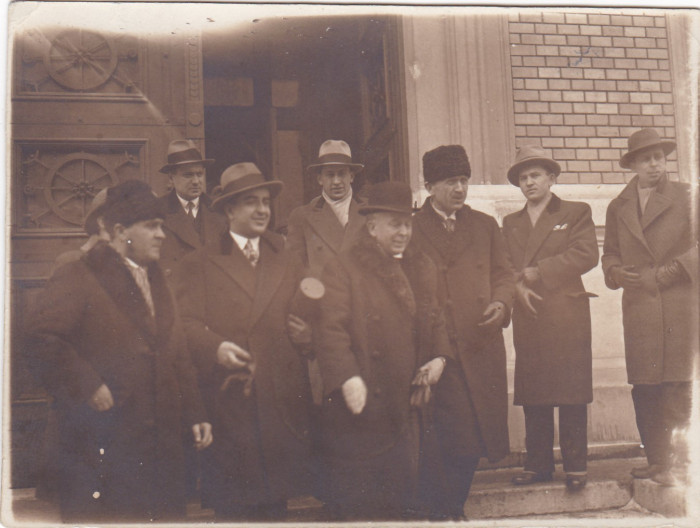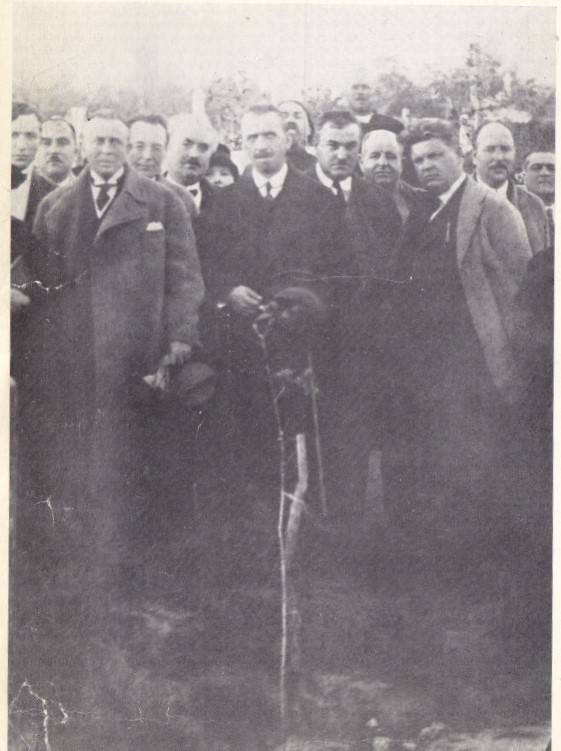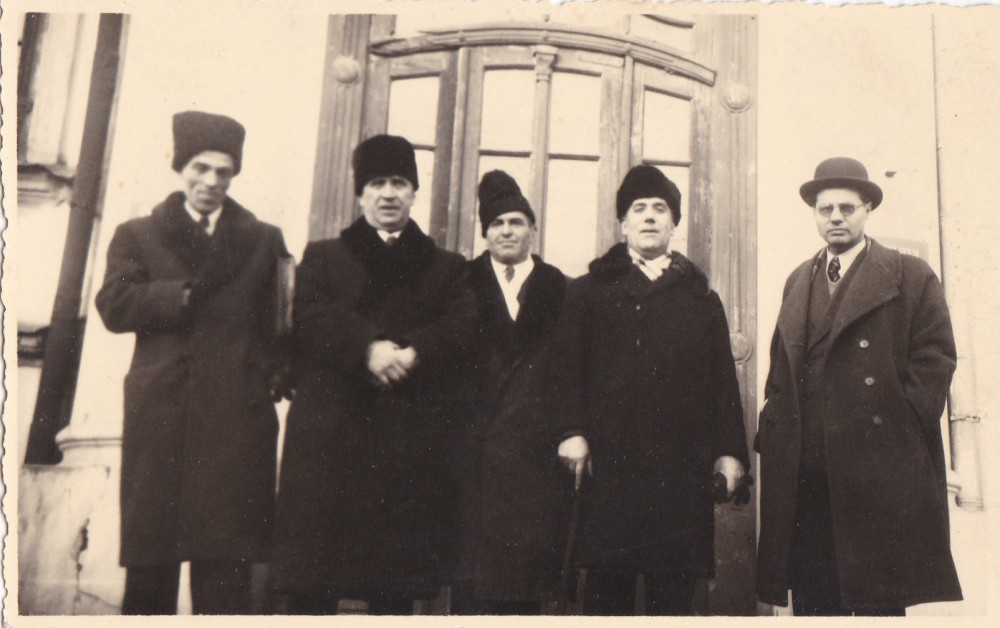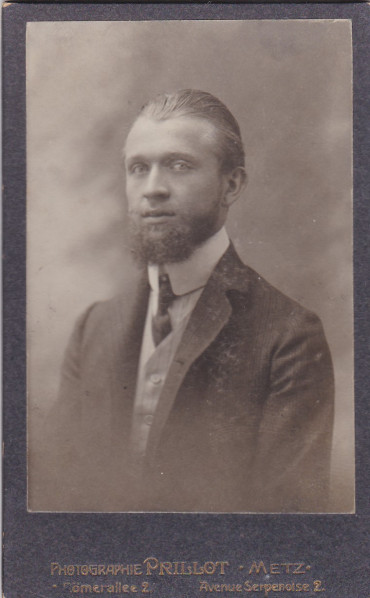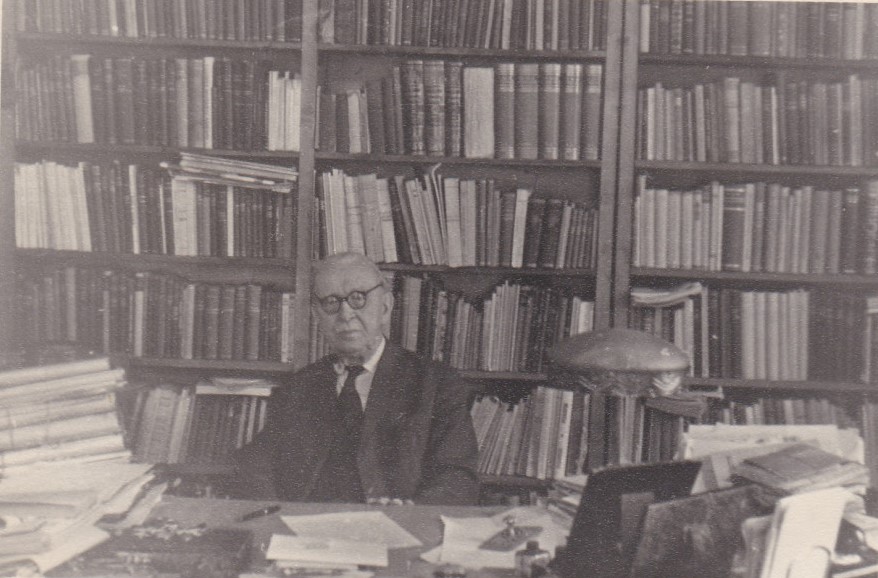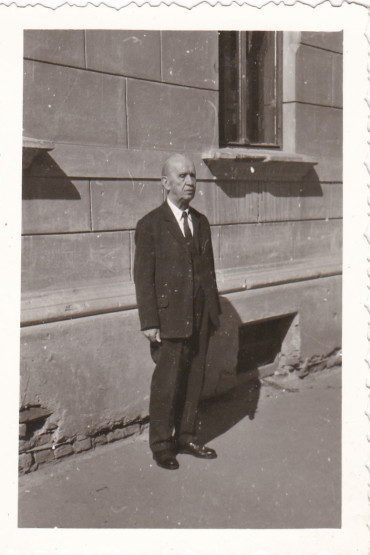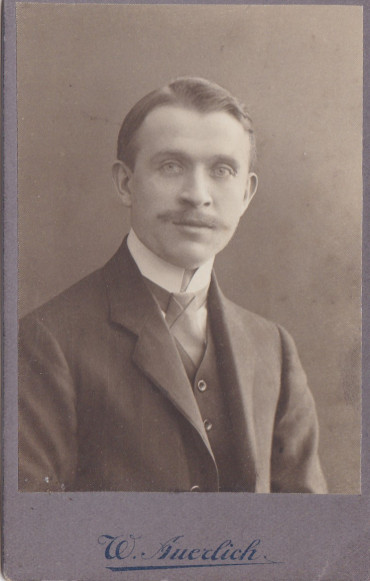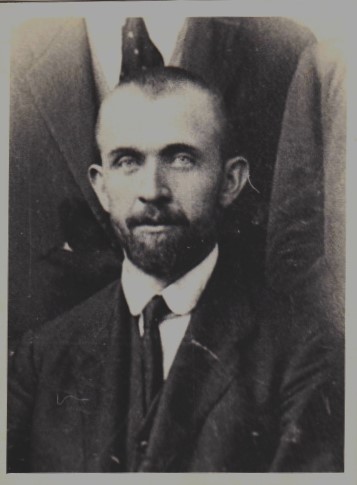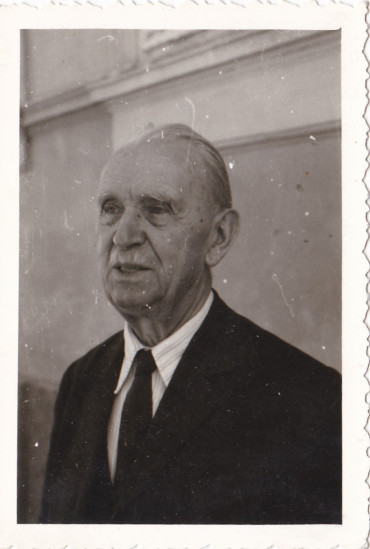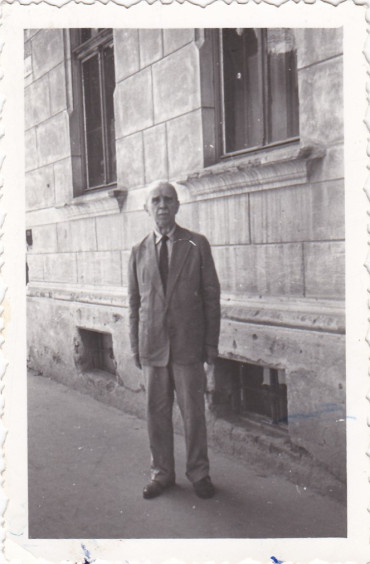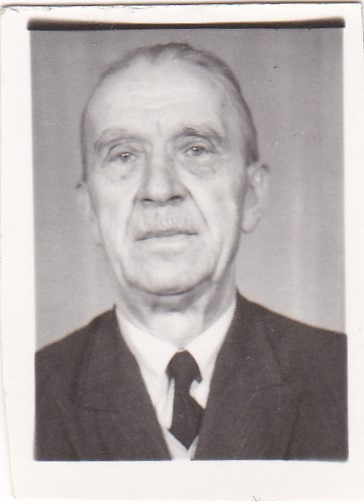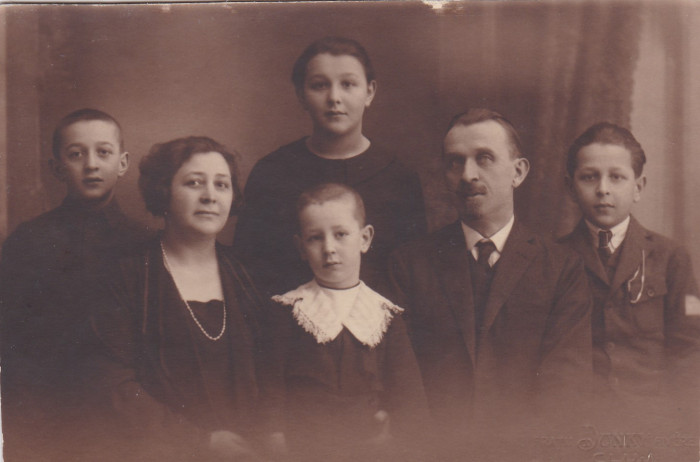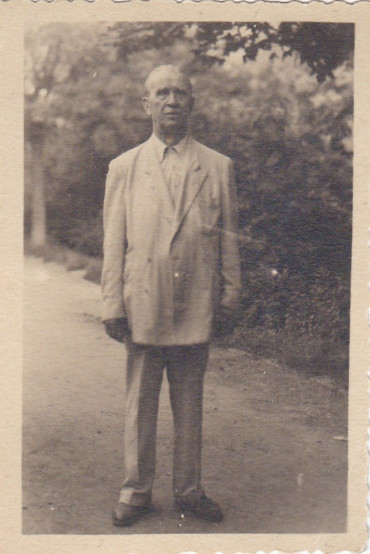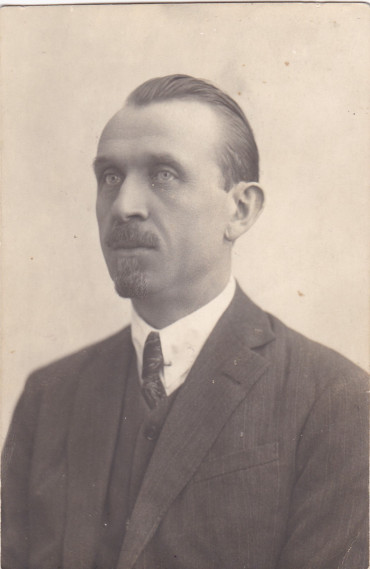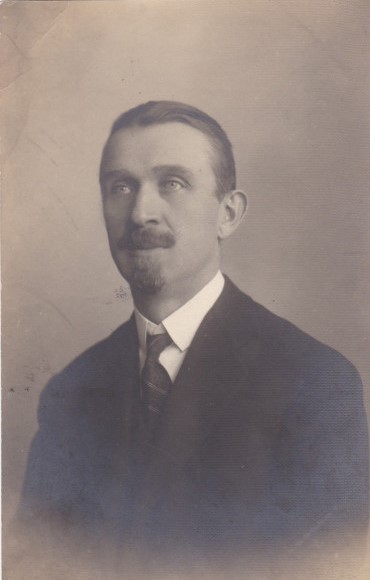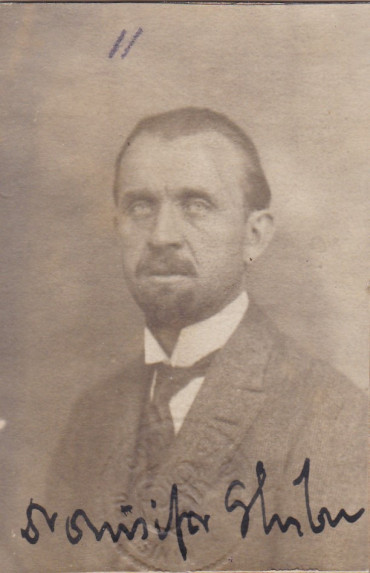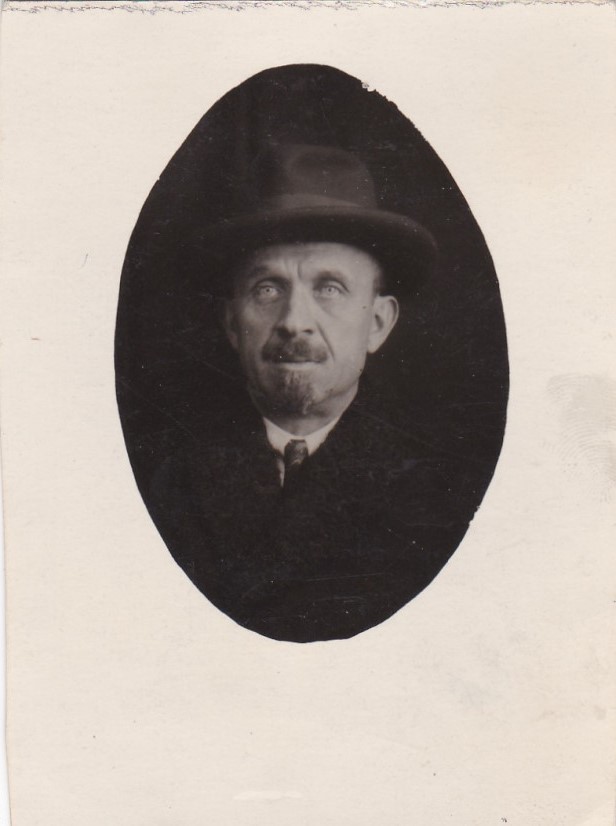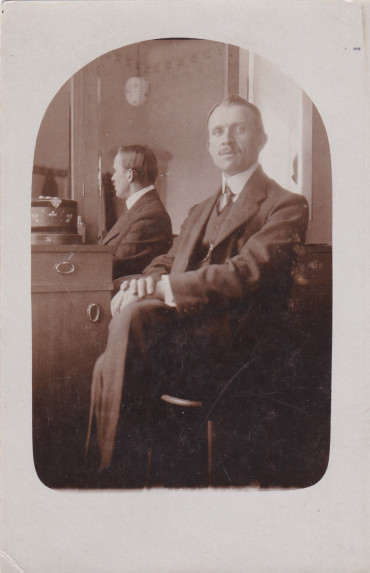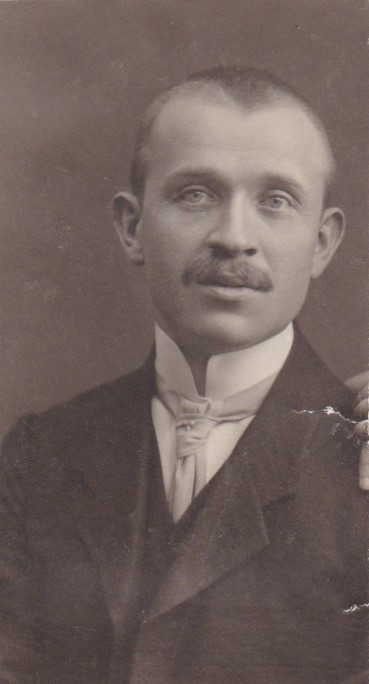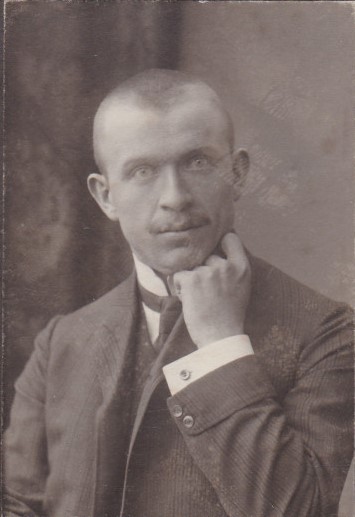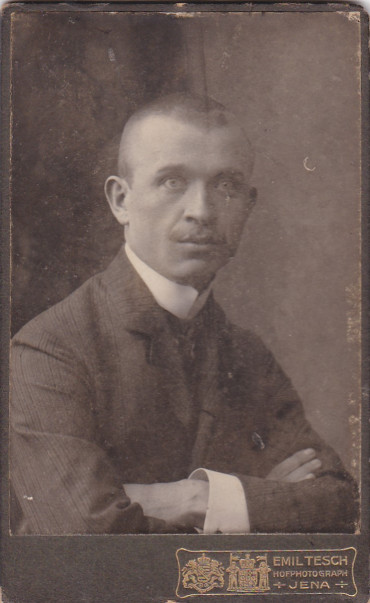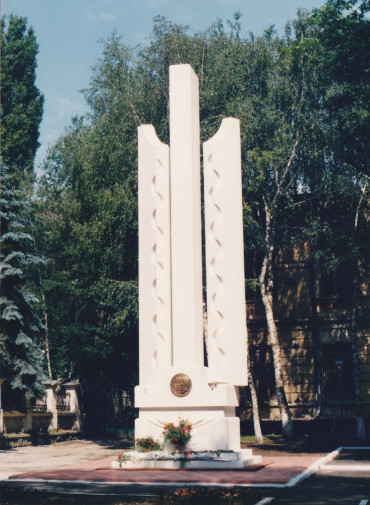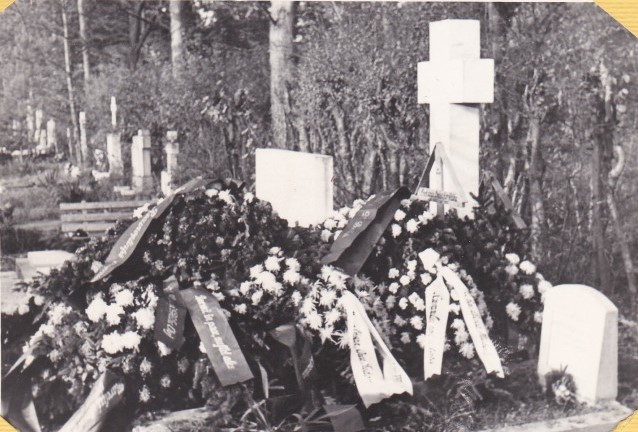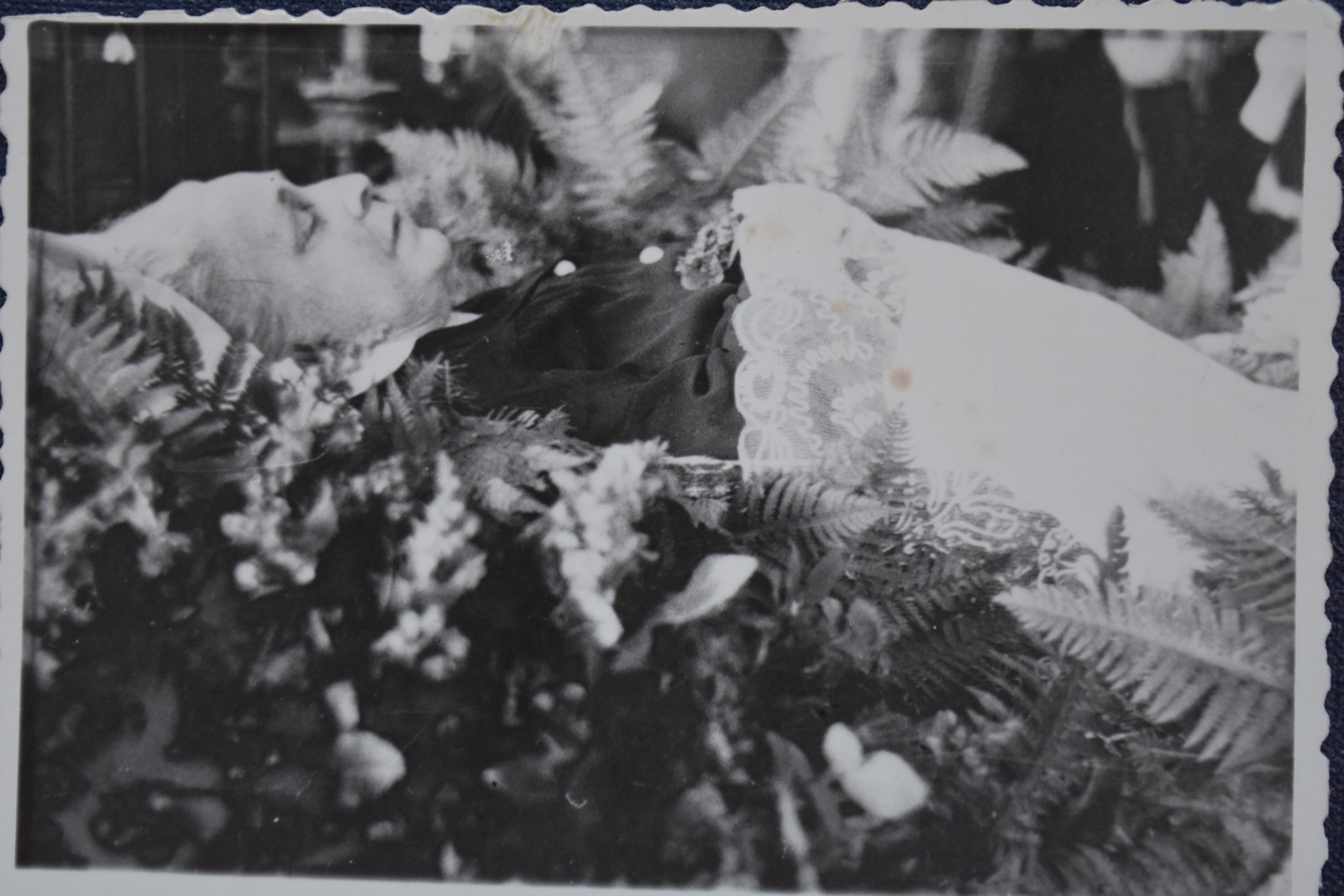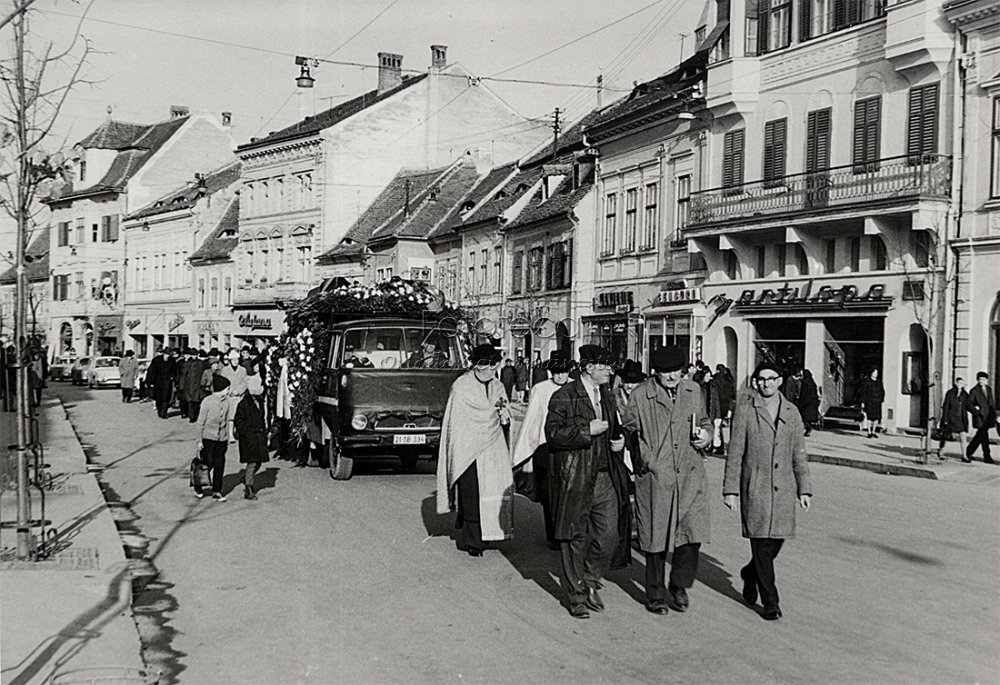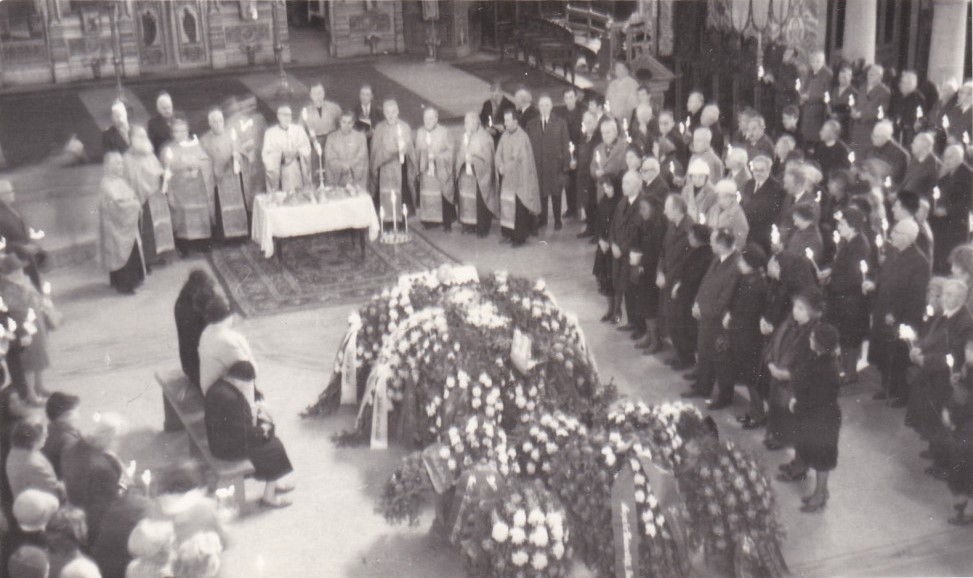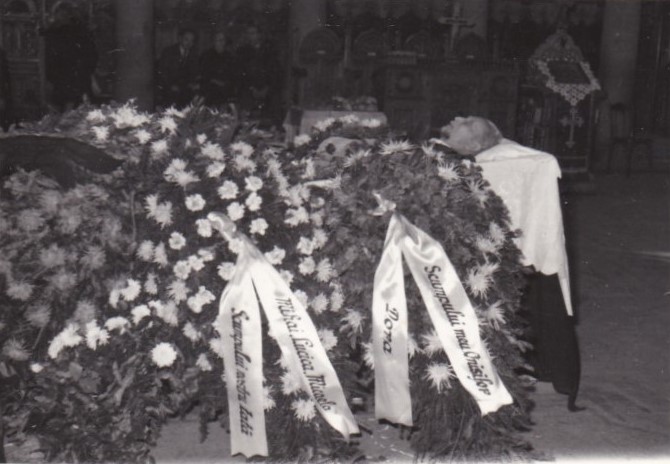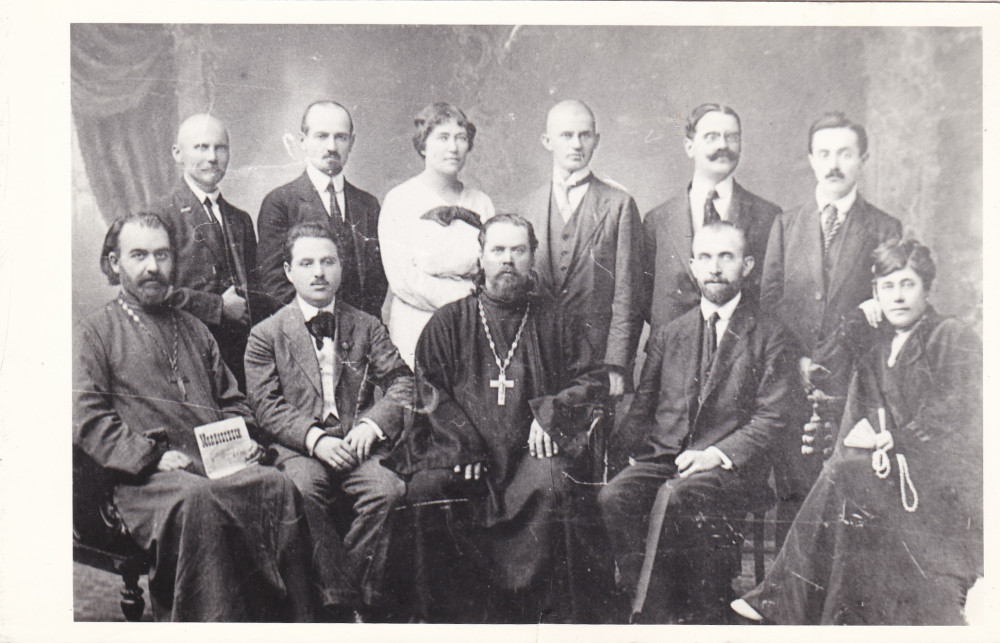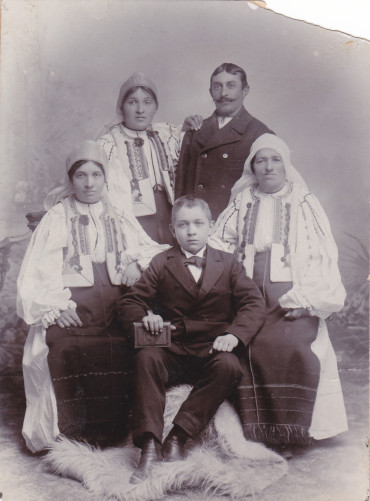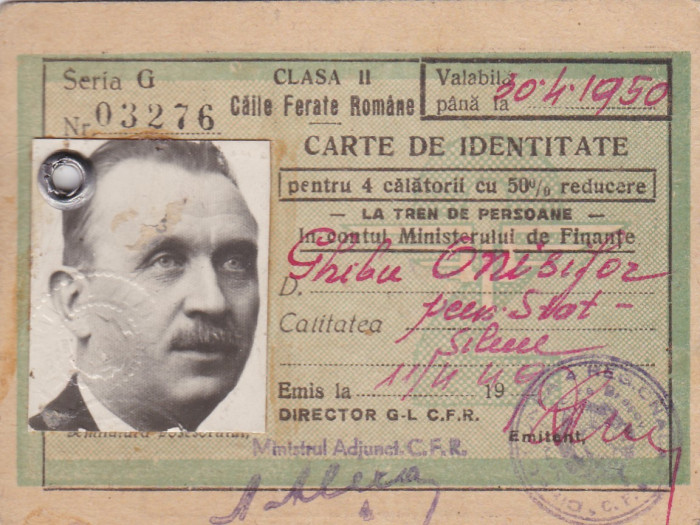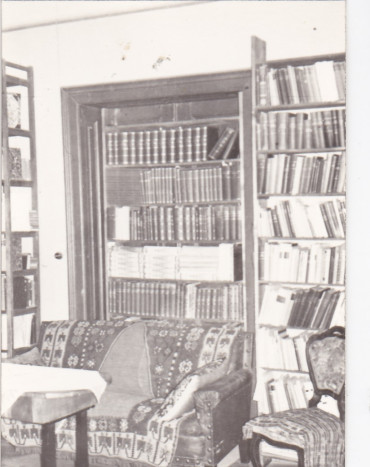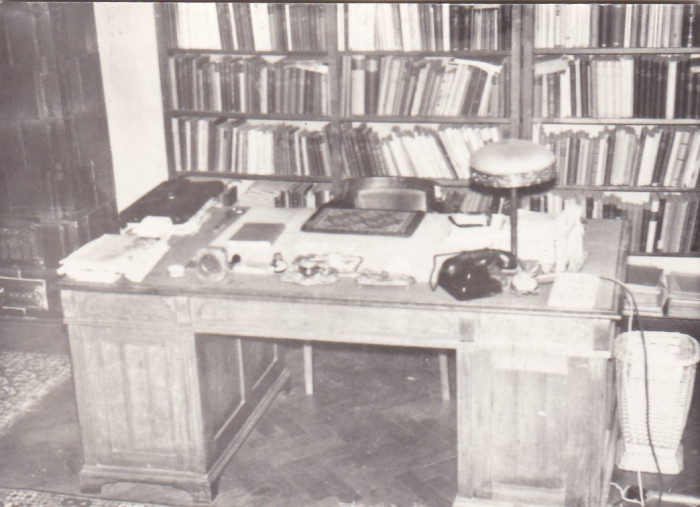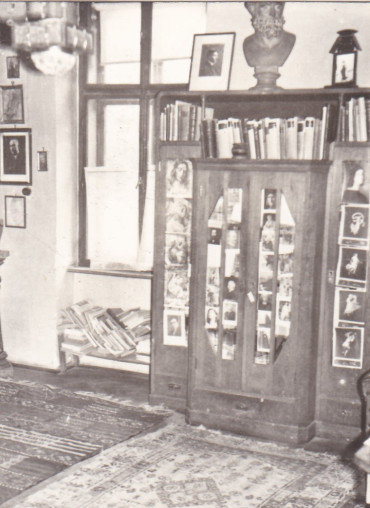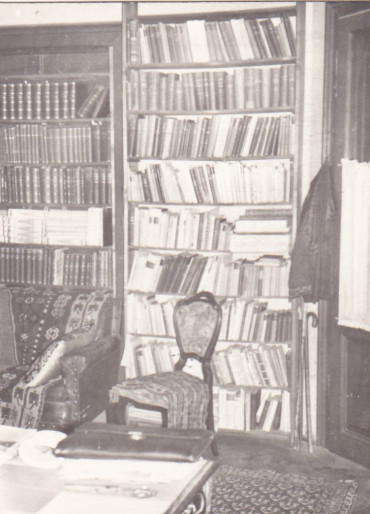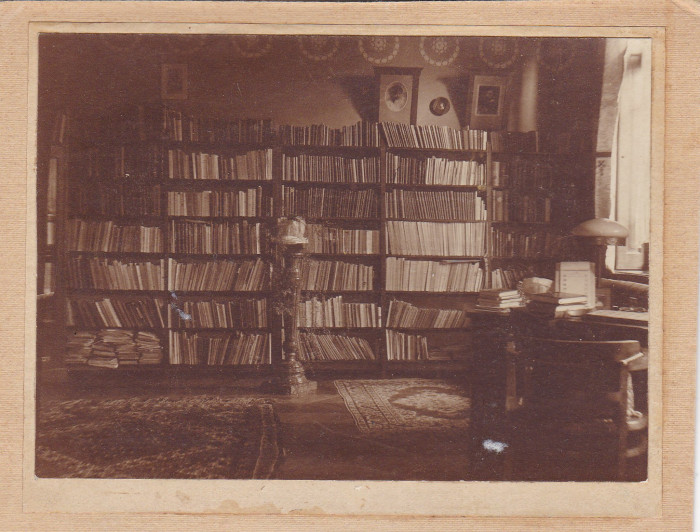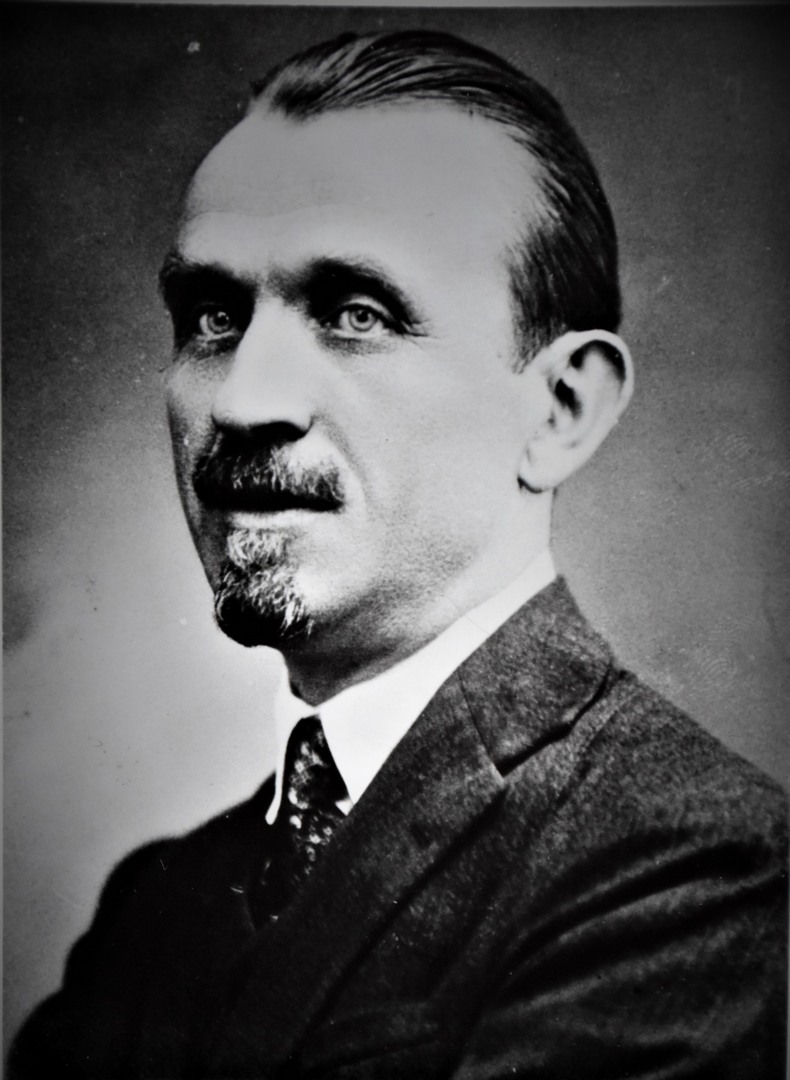Onisifor Ghibu
ONISIFOR GHIBU
1883-1972
„Noi credem că acest război trebuie făcut cu orice preț, după ce el va fi pregătit, cât se va putea mai bine. Fără acest război nu numai că nu vom câștiga ceea ce e al nostru, dar vom pierde și ceea ce avem. Ne vom pierde sufletul și vom pierde orice justificare morală de a mai trăi ca popor … România trebuie să-și facă datoria față de idealul ei. Altfel ar dovedi că n-are un ideal, iar popoarele fără ideal n-au drept la viață în vremuri ca acestea, când și cele mai mari popoare își cumpără atâta de scump acest drept sfânt”. (Onisifor Ghibu)
„Nu aș vrea să exagerez rolul lui Onisifor Ghibu, dar este dovedit că în mijlocul haosului din rândul românilor de peste Prut, al totalei nepregătiri politice, al mentalităților datorate mediului și culturii rusești, care îi predispuneau mai mult spre latura lor socială, Ghibu, cu naționalismul lui ardelean hotărât și intransigent, a contribuit mult la îndrumarea mișcării spre singura ei cale logică: Unirea cu vechiul Regat”. (I. G. DUCA)
„If in Transylvania and Bucovina people thought that sometime in the future they would unite with Romania, we have to admit that almost no one believed in the revival of Bessarabia, which was reckoned as lost for all eternity in the arms of the colossus in the East. The more than hundred years of Russian oppression seemed to have extinguished there any trace of Romanian consciousness without any hope of recovery. And yet, in the book of life, it was written that the stone the Creator ignored will become the cornerstone. Bessarabia, the most backward and alienated Romanian province, was the first to return to the national body, and the classic country of the Dacian-Roman irredentism, Transylvania, was doomed to be the last to come to the great feast of joy.”
Politician, journalist, doctor of philosophy and pedagogy, corresponding member of the Romanian Academy, Onisifor Ghibu was the Transylvanian intellectual who played a decisive part in educating the masses and reviving the national consciousness of the Moldavians in Bessarabia. He was at the core of important events and prepared the frame of mind that was indispensable to the accomplishment of the union. He carried out an intense campaign for Romania’s entry into war against Austria-Hungary with a view to liberating Transylvania. He became a disagreeable personality in Transylvania, a reason for which the Hungarians sentenced him to death in absentia for high treason (1916). After Bucharest was occupied by the German troops, he fled to Iaşi and in 1917, to Chisinau, where he carried out a huge cultural and political activity with a view to making people conscious of their nationality. He came into direct contact with the unionist Bessarabian leaders and organized the National Moldavian Party. He set up the National Association of Primary School Teachers in Bessarabia and took vast action meant to organize education in the Romanian language by opening Romanian schools and courses. He installed the first Latin-script printing press in Chişinău, where publications and over one hundred thousand Romanian primers were printed. He printed the newspaper România Nouă, with the subtitle “propaganda mouthpiece for the political union of all Romanians,” which played an important role in the self-reliance of the Moldavians. In the midst of chaos and anti-Romanian propaganda, Onisifor Ghibu was the one who fought a crucial battle for the fundamental change of the Moldavians’ philo-Russian mentality. He attended Sfatul Ţării when the union of Bessarabia with Romania was voted on. After 1 December 1918 he was called back from Bessarabia and elected General Secretary of the Public Training Department of the Governing Council of Transylvania (1918-1920), having the responsibility to reorganize the Romanian education under the conditions created after the accomplishment of the state unity. He devoted himself to the academic life, and was the main artisan of the establishment and organization of the Romanian University in Cluj.
„Our salvation is only in a new Romania of all Romanians. For the accomplishment of this Romania we will work, for its accomplishment we will live, for its accomplishment we will die if need be” (Onisifor Ghibu)
For his permanent nationalist and anti-Soviet activity, Onisifor Ghibu was hated and hunted by the Russians. His being free was seen as a danger to the Russian bolshevism. He was imprisoned several times, as he was considered a deadly enemy of the communist regime. In December 1956 he was sentenced to 5 years in prison for sending a letter to Soviet leaders demanding that the Soviet troops should be withdrawn from Romania, and Bessarabia, Bucovina and Herţa land should be go back to their Romanian natural border. He was pardoned in January 1958 at Petru Groza’s personal intervention. He was detained in the camp at Caracal and the Sibiu, Văcăreşti and Făgăraş prisons. He lived until the end of his life as a persona non grata of the regime, and was censored, persecuted and marginalized for his firm convictions and beliefs.

